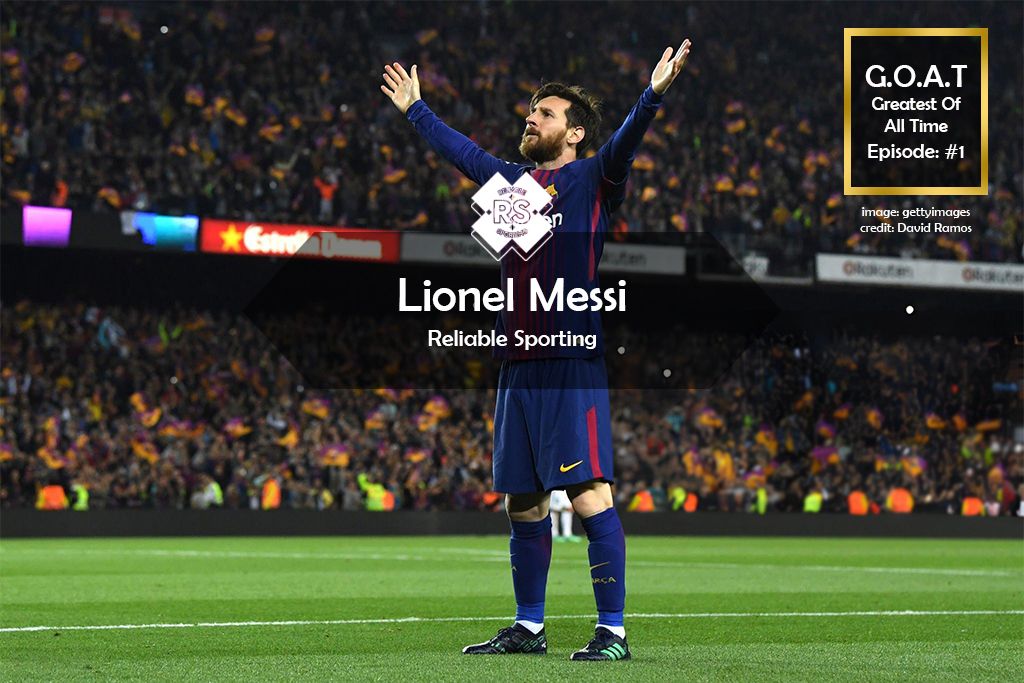Football great Lionel Messi is more than just a player; he is a personification of love, family, philanthropy, and the difficulties that come with being a worldwide celebrity. This piece attempts to give a thorough account of Messi’s life, exploring his incredible career ascent, his interpersonal connections, his charitable activities, and the conflicts that have dogged his path.
- Early Life Of Lionel Messi
- Club Career Of Lionel Messi
- 2003-2005: Lionel Messi's Ascension to Stardom
- 2005-2008: Lionel Messi's Emergence
- 2008-2010: First Ballon d'Or
- 2010-2012: Trophies & Records
- 2013-2014: Trials and Triumphs
- 2014-2015: Lionel Messi's Resurgence
- 2015–2016: Lionel Messi's Majestic Domestic Season
- 2016-2017: Lionel Messi's Pinnacle Performance
- 2017-2018: Lionel Messi's Greatness Continues
- 2018-2019: Captaincy, 10th La Liga Title & 6th Golden Boot
- 2019-2020: Sixth Ballon d'Or
- 2020-2021: An Emotional Roller Coaster, End Of Barca Chapter
- 2021-2022: Lionel Messi's PSG Debut & 7th Ballon d'Or
- 2022-2023: Returning To Form, Ending PSG Chapter
- 2023-Present:
- International Career Of Lionel Messi
- 2004–2005: Youth Level
- 2005-2006: Senior Level & World Cup Debut
- 2007–2008: Copa América Final & Olympic gold
- 2008-2011: International Setback
- 2011-2013: National Team Captaincy
- 2016-2017: 3rd Copa América Final, 1st Retirement & Return
- 2018 FIFA World Cup:
- 2019-2020: More Challenges
- 2021-2022: Copa America & FIFA World Cup Champion
- 2023-Present: 100 Int. Goals
- Lionel Messi In Pop Culture
- Lionel Messi's Personal Life
- Playing Style Of Lionel Messi
- Lionel Messi's Career Statistics & Achievements
- Summary
Early Life Of Lionel Messi
Family and Early Influences:
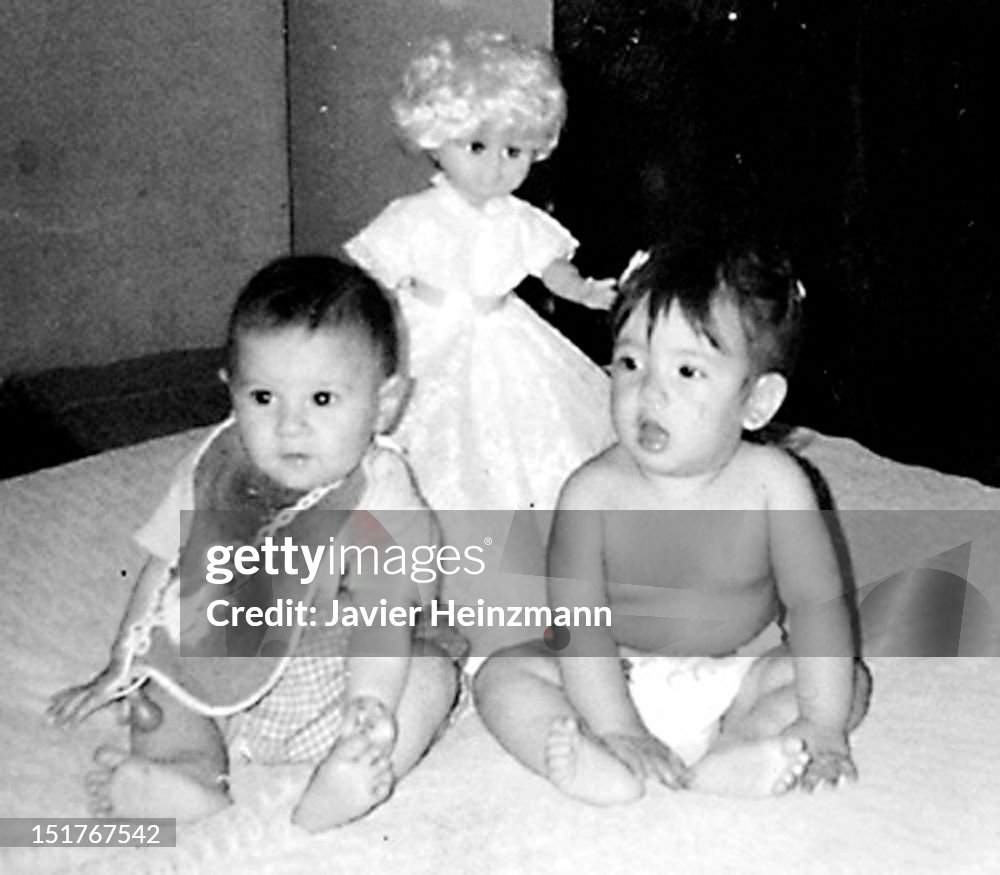
On June 24, 1987, Messi was born into a close-knit family to Celia Cuccittini, a worker in a magnet manufacturing workshop, and Jorge Messi, a manager of a steel factory. His great-grandparents immigrated from the Adriatic Marche region of Italy, so his family has Spanish and Italian ancestry. Messi, also known as “Leo,” was raised in a home where football was highly valued, so he was exposed to the game at a young age.
Playing with his older brothers, Rodrigo and Matías, as well as his cousins, Maximiliano and Emanuel Biancucchi, who went on to become professional football players, gave Leo his first exposure to the game. Messi, whose father coached him, joined the neighborhood club Grandoli when he was just four years old. But it was Celia, his maternal grandmother, who accompanied him to practices and games and became his first role model. Because of his close relationship with his family and the sudden death of his grandmother before he turned eleven, Messi was deeply affected and decided to honor her by dedicating his goals.
Childhood Struggles and Triumphs:
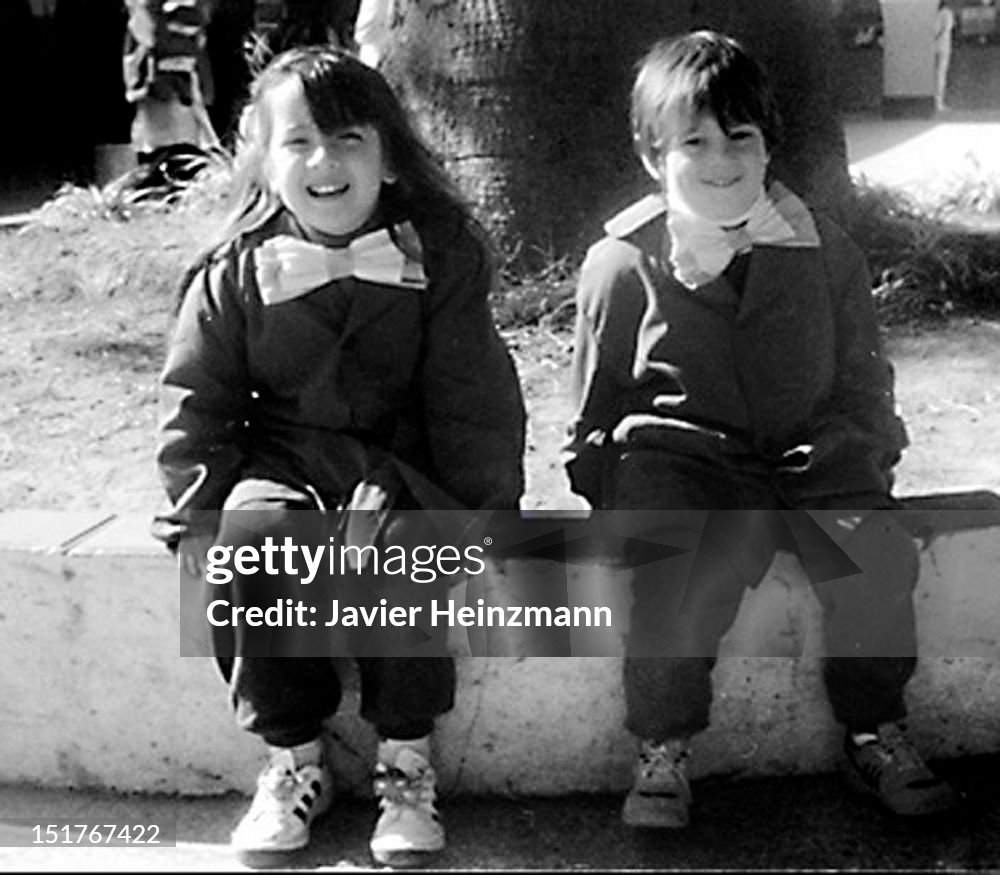
Messi faced difficulties in his formative years as a football player despite his inherent talent. Six years old, he became a member of his hometown club, Newell’s Old Boys, and played for the young squad nicknamed “The Machine of ’87.” Messi gained recognition for his remarkable abilities and nearly unbeatable team performance, but at the age of ten, he was told he had a growth hormone deficiency, which put his professional career on hold.
Messi’s family faced difficulties due to the financial burden of his medical treatment, which required at least $1,000 per month. After first agreeing to help, Newell’s Old Boys later broke their word, endangering Messi’s football career. Nevertheless, River Plate of Buenos Aires noticed Messi’s talent and sent scouts to watch him play. Messi disclosed in a 2019 interview that River Plate had offered to pay for his medical bills, despite his health concerns preventing him from being selected. This was one of the first indications that his exceptional potential was being recognized early on.
The Barcelona Breakthrough:
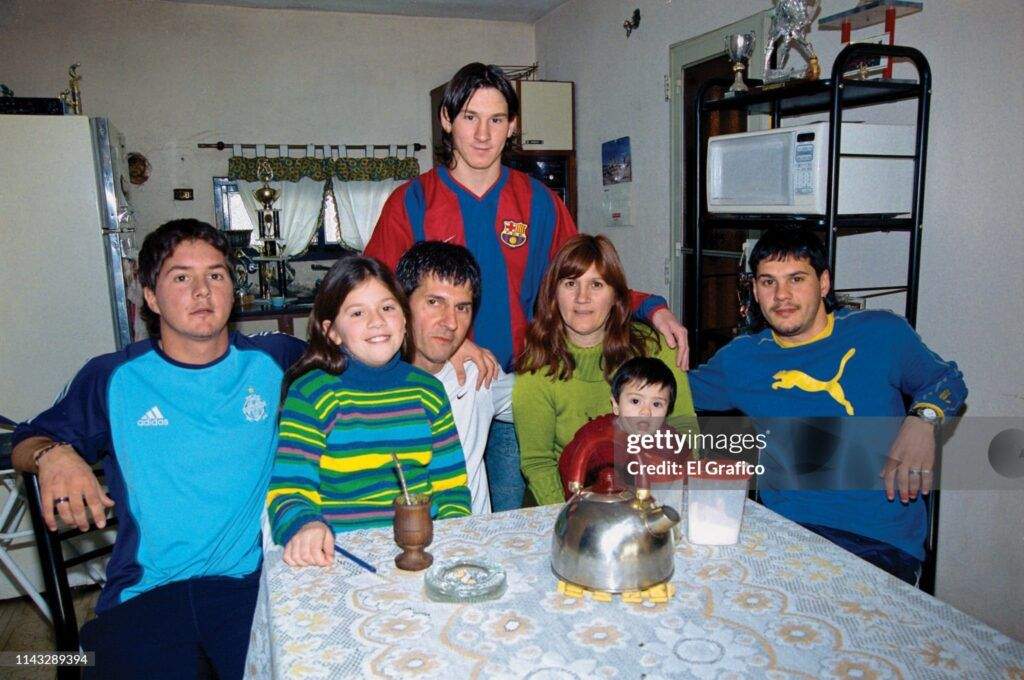
Messi’s path changed dramatically in September 2000 when his family, who had relatives in Catalonia, set up a trial with FC Barcelona. The first team director, Charly Rexach, was keen to sign Messi when he was just 13 years old. The Barcelona board was hesitant, though, as it was unusual in those days to sign young foreign players. Rexach gave Messi a contract on a paper napkin in December 2000 after receiving an ultimatum, securing Messi’s spot in the Barcelona youth system.
With the move of Messi’s family to Barcelona in February 2001, a new chapter was begun. But his first few days in Spain were difficult. Messi’s only options for play during his rookie season were friendlies and the Catalan league because of a transfer dispute with Newell’s Old Boys. Since he was a reserved and quiet person, his teammates thought he was deaf. Messi suffered from homesickness as well because he was kept apart from his father in Barcelona and his siblings in Rosario.
La Masia and the Rise of Messi:

In February 2002, Messi formally registered with the Royal Spanish Football Federation (RFEF) following a year of training at Barcelona’s youth academy, La Masia. With the ability to participate in every tournament, Messi started to fit in with the group and made friends with players who would go on to become stars, like Cesc Fàbregas and Gerard Piqué.
After finishing his growth hormone treatment at the age of 14, Messi immediately established himself as a key member of Barcelona’s youth squad, dubbed the “Baby Dream Team.” Playing for the Cadetes A, Messi led the team in scoring during the 2002–03 season with an astounding 36 goals in 30 games. The team won the Spanish and Catalan cups in addition to the league title, pulling off an incredible treble.
The Copa Catalunya final, sometimes referred to as the partido de la máscara (the final of the mask), was one of the season’s most memorable events. Messi was permitted to play with a plastic guard after breaking his cheekbone a week prior. Messi overcame the mask’s obstruction to score twice in ten minutes prior to being replaced, displaying his tenacity and willpower.
Arsenal’s Offer and Messi’s Commitment to Barcelona:
Messi got his first chance to play for a foreign team when he received an offer from Arsenal near the end of his breakthrough season. Messi demonstrated his commitment to the team that saw potential in him by staying in Barcelona when his teammates Cesc Fàbregas and Gerard Piqué made the decision to relocate to England.
Club Career Of Lionel Messi
2003-2005: Lionel Messi’s Ascension to Stardom
Lionel Messi’s extraordinary talent attracted attention from coaches, teammates, and fans during his early years at Barcelona. Between 2003 and 2005, he developed from a gifted young player to an important member of Barcelona’s first squad. Messi made his debut for four youth teams in one season, and proved his mettle with the Juveniles B, scoring 18 goals in just 11 league games. His smooth integration into the team during training sessions astounded assistant coach Henk ten Cate and French winger Ludovic Giuly.
Messi’s first-team debut as a substitute in a friendly match against Porto in November 2003 was made possible by praise from the first team’s coaching staff. Messi briefly played for Barcelona C, where he scored five goals in ten games and helped the team survive in the Tercera División. In 2004, Messi was promoted to the first team at the request of senior players, making history as the youngest player to represent Barcelona in an official competition.
2005-2008: Lionel Messi’s Emergence
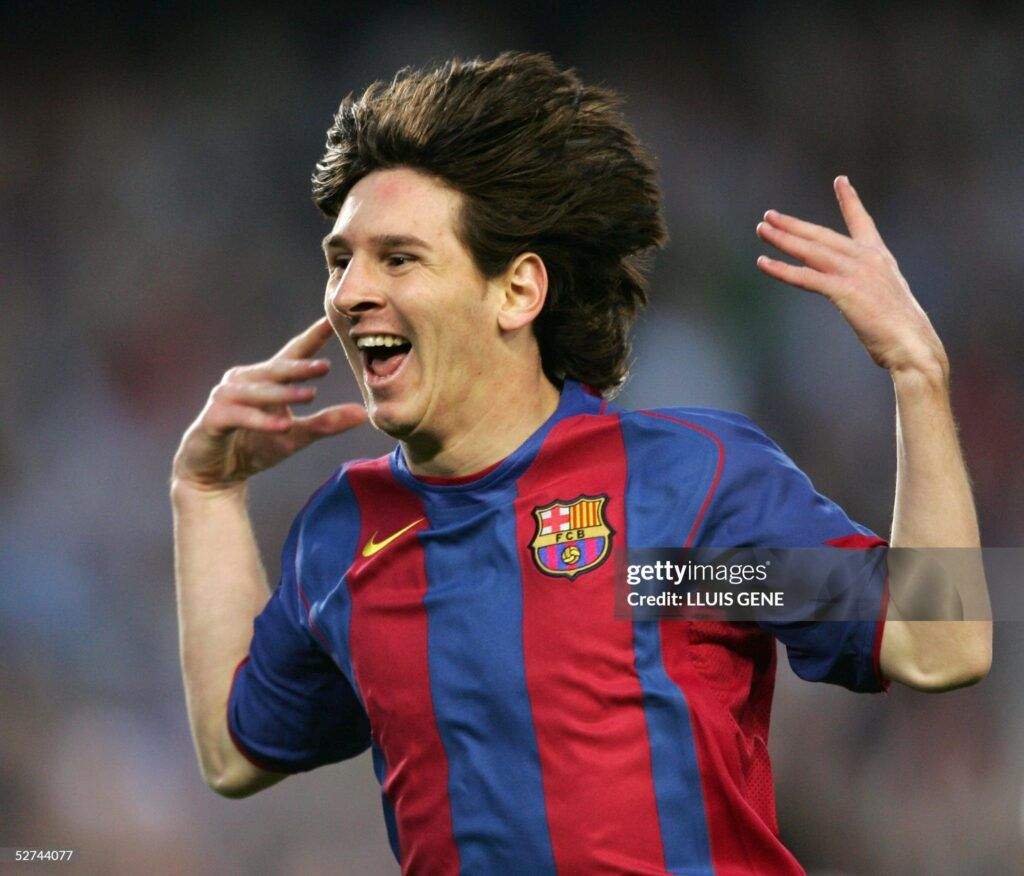
When Lionel Messi signed his first senior contract with Barcelona in 2005, his journey from a gifted player to a global football icon officially started. Fabio Capello praised him for his debut during the Joan Gamper Trophy match against Juventus, showcasing his indisputable talent. Despite early difficulties regarding his immigration status, Messi stayed at Barcelona and became the team’s first-choice right winger.
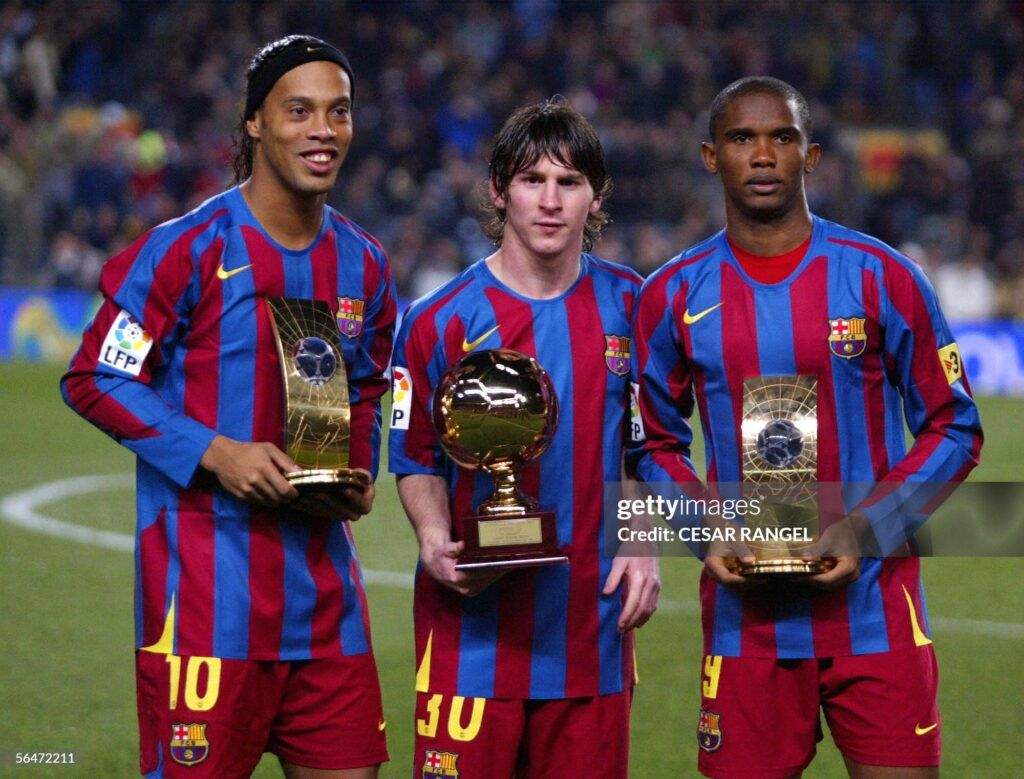
He became a Barcelona talisman in 2006–07 after scoring 17 goals in 36 games. In March 2007, his contract was extended, reflecting his increasing significance and a significant pay boost. Messi became Barcelona’s new star player in 2007–08 after netting 16 goals and winning the FIFA World Player of the Year and Ballon d’Or awards. Notwithstanding the loss, Messi’s unique skill and expanding stature heralded a new chapter in football history, one that would see him redefine the game and cement his place among its greatest players.
2008-2010: First Ballon d’Or
During his tenure with Barcelona from 2008 to 2010, Lionel Messi achieved unparalleled success, won numerous personal honors, and cemented his place in the annals of football history. Following two seasons devoid of major awards and the departure of legendary player Ronaldinho and coach Frank Rijkaard, Messi signed a new contract that made him the highest-paid player at the club, earning €7.8 million annually. Messi also inherited the coveted number 10 shirt.
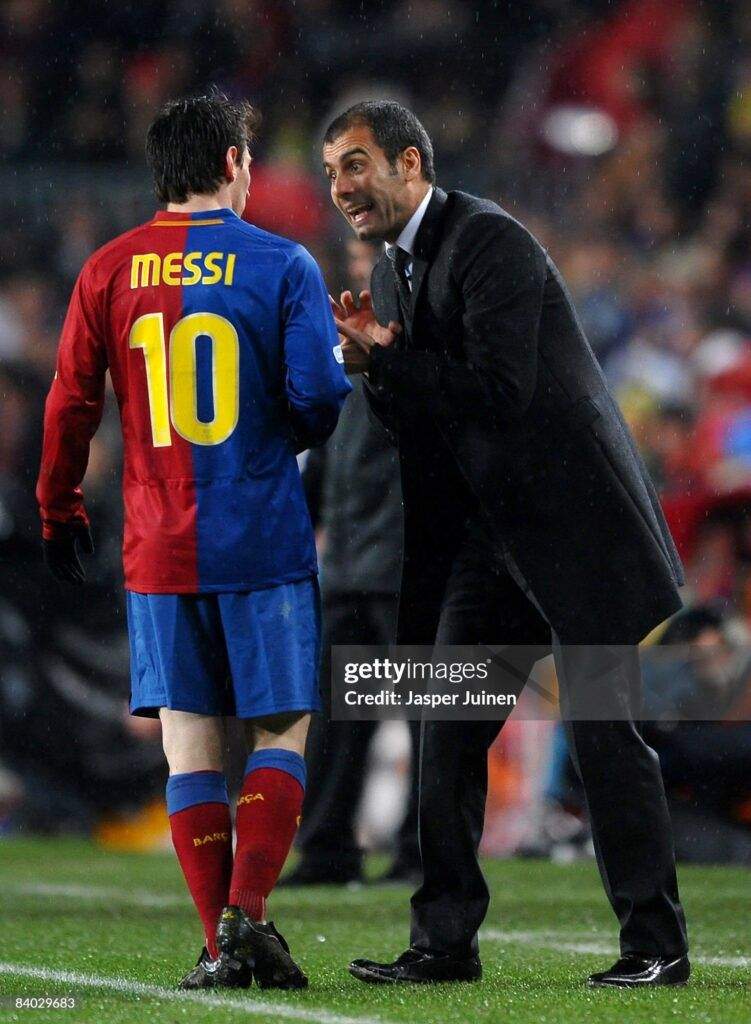
Due to his outstanding play, Messi was just beaten by Cristiano Ronaldo to take second place in the 2008 Ballon d’Or and FIFA World Player of the Year awards. Messi’s first season without interruption came in 2008–09, his first season under new manager Pep Guardiola. He primarily filled the role of a false winger on the right.
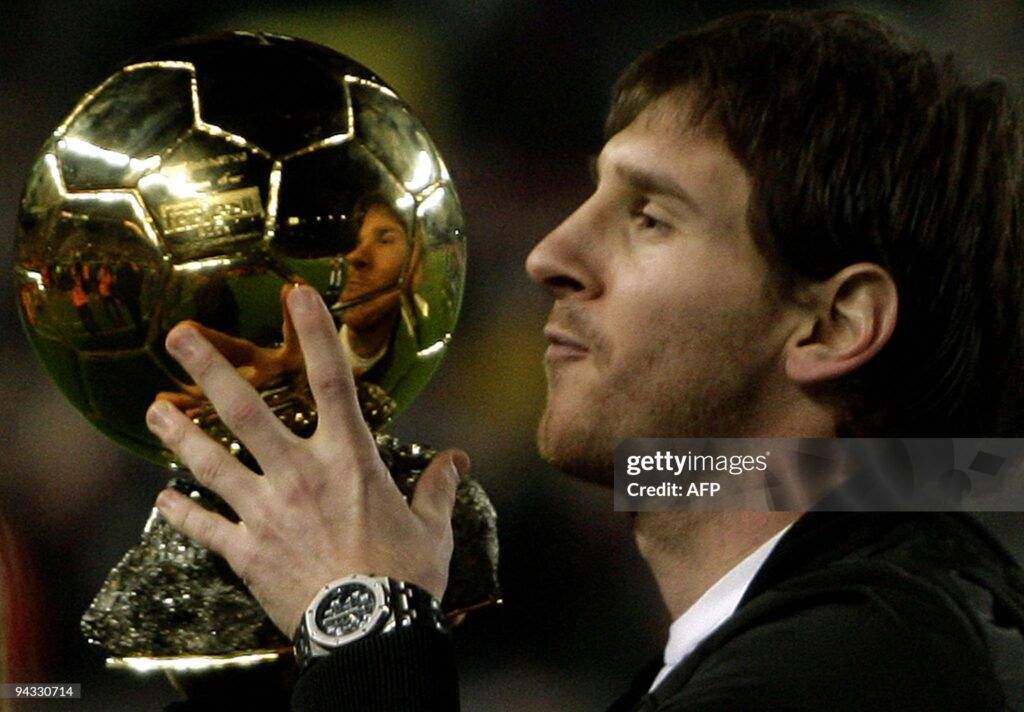
One pivotal moment came on May 2, 2009, when Messi made his debut as a false nine in the Clásico, dropping deep into midfield while positioned as a center-forward. Messi’s influence persisted as Barcelona won La Liga and the Copa del Rey, with Messi scoring 23 goals in the league.
Resuming his role as a false nine in 2010, Messi equaled Ronaldo’s club record of 46 goals in all competitions. With just one loss, he won the Champions League top scorer award for the second time in a row, the La Liga trophy, and his first European Golden Shoe.
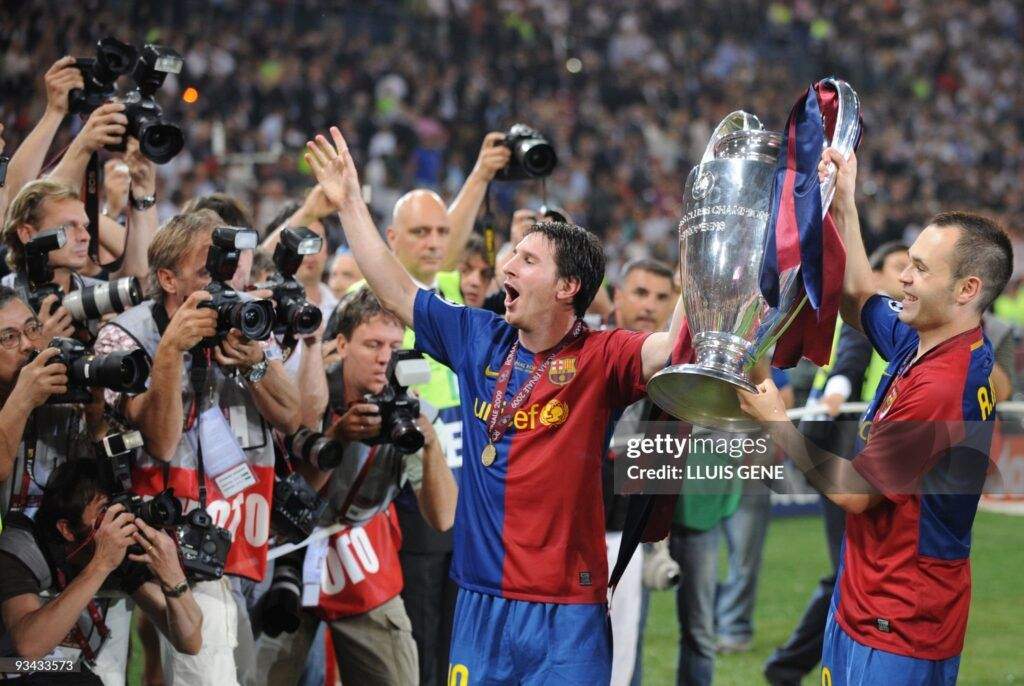
2010-2012: Trophies & Records
Between 2010 and 2012, Lionel Messi’s club career was distinguished by an amazing collection of trophies, individual honors, and goal-scoring achievements. Messi’s hat-trick against Sevilla earned Barcelona its first trophy, the Supercopa de España. His outstanding play was a major factor in Barcelona’s league winning streak of 16 games in a row, which included another hat-trick against Atletico Madrid.

Despite criticism for Argentina’s lack of success in the 2010 FIFA World Cup, Messi was awarded the FIFA Ballon d’Or for his outstanding club performances. With two goals, he was a major contributor to Barcelona’s Champions League semi-final victory over Real Madrid. He then turned it up in the championship match against Manchester United, helping the team win 3-1 and earning the title of top scorer for the third year in a row. Messi scored 31 goals and provided 18 assists as Barcelona won the La Liga title for the third time in a row. With an incredible 53 goals in all competitions, Messi set a new record in the annals of Spanish football.
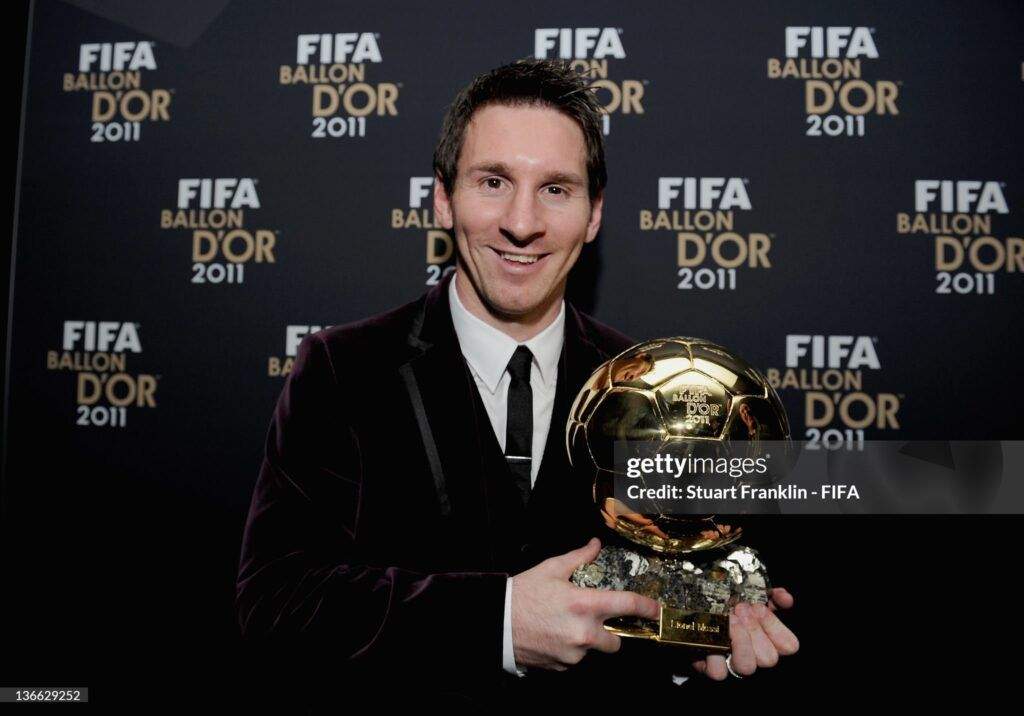
Messi won the inaugural UEFA Best Player in Europe Award and the FIFA Ballon d’Or for the third time in a row in the 2011–12 season thanks to his outstanding play. Messi kept setting records under manager Tito Vilanova, surpassing Gerd Müller’s 1972 record for the most goals in a calendar year and rising to become Barcelona’s all-time top scorer in La Liga with 191 goals. By the end of 2012, he had scored a record 91 goals for Argentina and Barcelona thanks to his ongoing prolific streak.
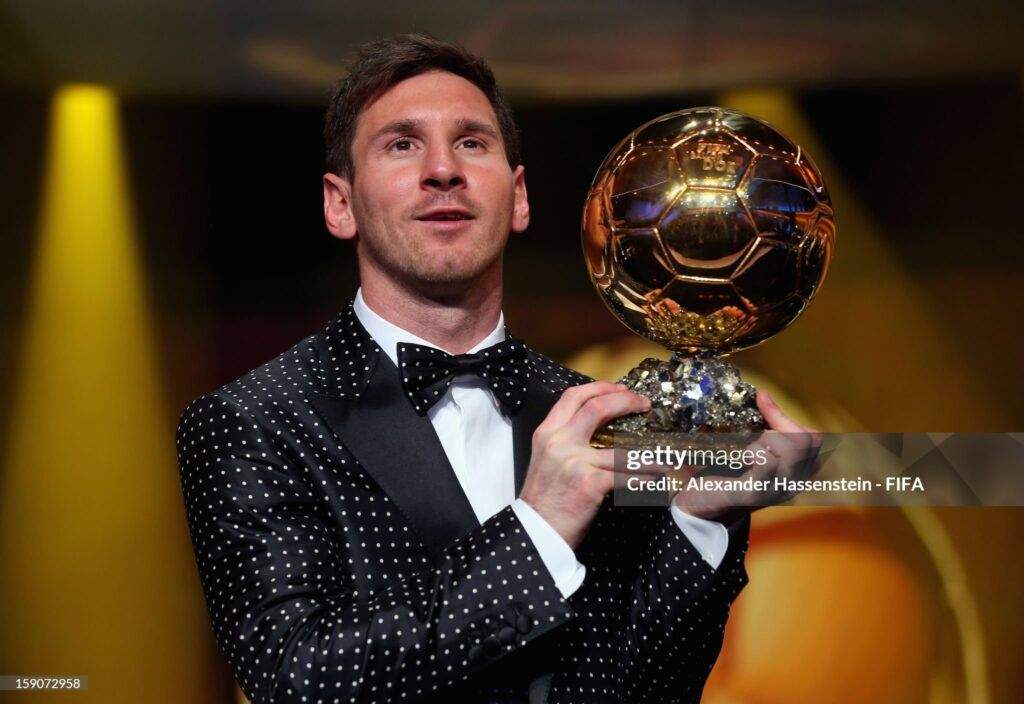
2013-2014: Trials and Triumphs
For Lionel Messi and Barcelona, the 2013–2014 campaign was difficult because of injuries, uncertainties, and a rare lack of championship hardware. Messi’s remarkable contributions to the team and his pursuit of records posed previously unheard-of difficulties, molding a story that would ultimately define his club career. Messi’s presence on the field proved vital in pivotal moments, like the Champions League quarterfinal matchup against Paris Saint-Germain, despite his recurrent muscular injuries. His amazing 21-game league goal streak came to an end on May 12 as a result of a hamstring injury.
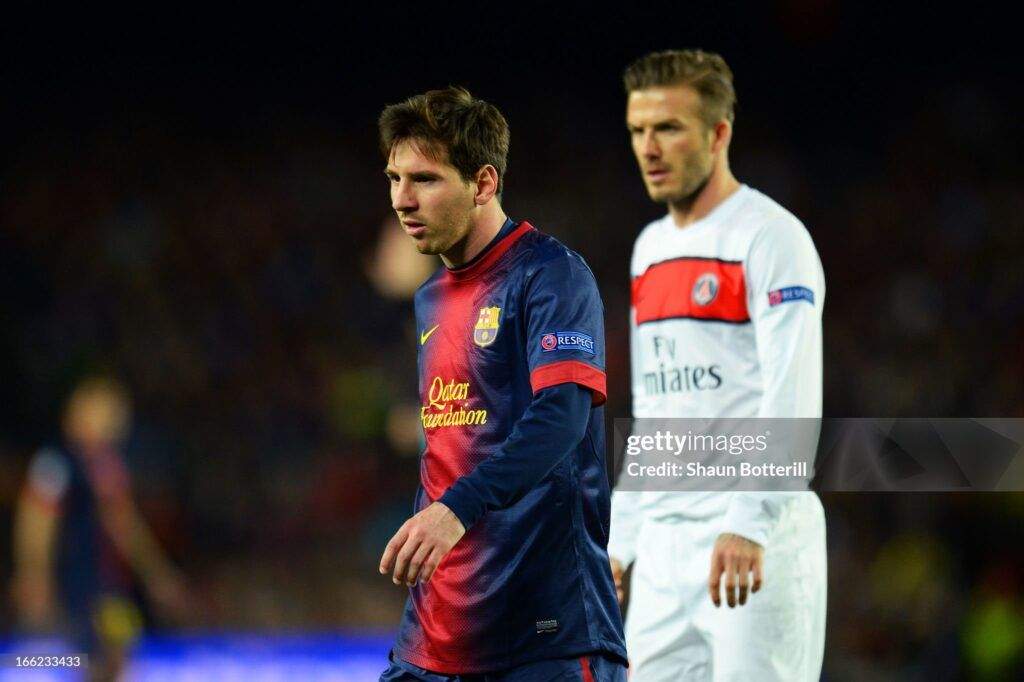
Notwithstanding these losses, Messi finished the campaign with 60 goals across all competitions, 46 of which came in La Liga, solidifying his place as the league’s top scorer in both Europe and Spain for the second year in a row. By winning the European Golden Shoe three times, he became the first player in history. Messi’s fifth injury of 2013 occurred during the following season under manager Gerardo Martino, which further affected his play and caused him to finish second in the FIFA Ballon d’Or.
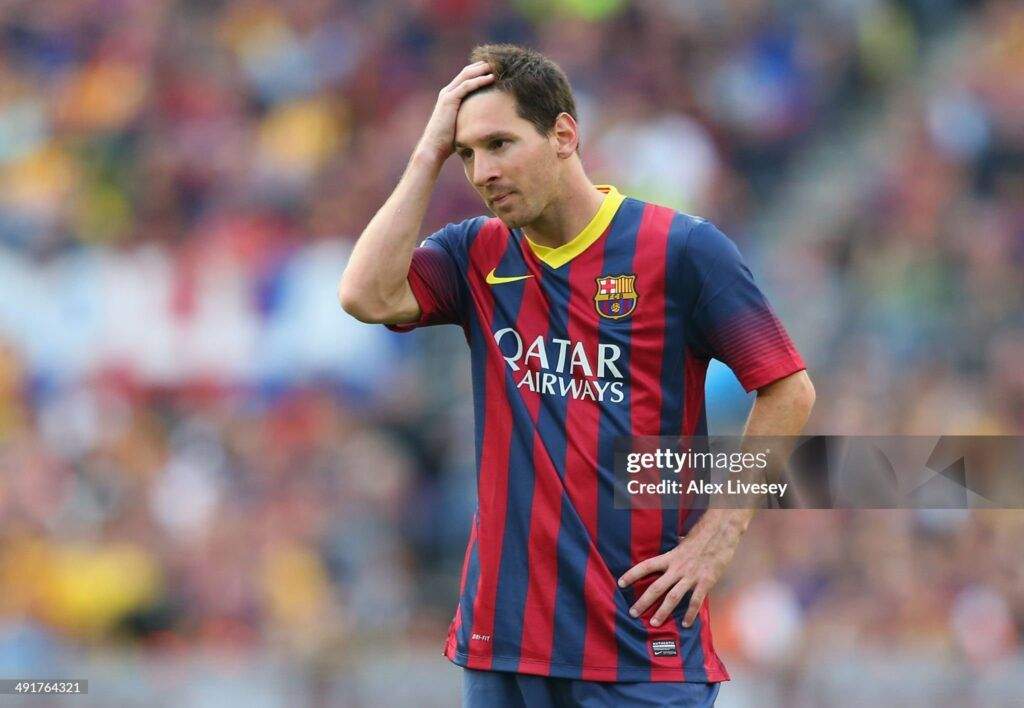
Messi broke long-standing records to become Barcelona’s top goalscorer in all competitions and the all-time top scorer in El Clásico, despite statistical declines in goals, shots, and passes when compared to previous seasons. But after losing to Atlético Madrid in the league final and to Barcelona in the Copa del Rey final, Barcelona finished the season without winning any significant trophies.
2014-2015: Lionel Messi’s Resurgence
During the 2014–2015 season, Lionel Messi experienced an incredible comeback under new manager Luis Enrique. With a mostly injury-free beginning and three attacking standouts, “MSN (Messi-Suárez-Neymar),” Messi set records, won championships, and made a major contribution to Barcelona’s historic second treble. Messi became La Liga’s all-time top scorer with his hat-trick against Sevilla and another against Espanyol. Despite these achievements, Messi lost out on the FIFA Ballon d’Or to Cristiano Ronaldo; Argentina’s World Cup second-place result played a major role.

On January 11, during a 3-1 victory over Atlético Madrid, a crucial moment happened amid rumors in the media about Messi possibly leaving Barcelona. The trio set a new standard for Spanish football when they scored an unprecedented 122 goals in all competitions thanks to their incredible synergy. Throughout the season, Messi’s individual skill was evident, as evidenced by his hat-trick against Rayo Vallecano and his 106 assists in a match against Levante.
Messi continued to shine in the Champions League, recording two goals and an assist against Pep Guardiola, his former manager. Barcelona defeated Juventus 3-1 in the final to win their second treble. Messi was named the UEFA Best Player in Europe for the second time for his outstanding efforts this season.
2015–2016: Lionel Messi’s Majestic Domestic Season
The 2015–2016 season for Lionel Messi was incredible, as he demonstrated his extraordinary talent, broke records, and made a significant contribution to Barcelona’s domestic success. Messi became the youngest player to reach 100 appearances in the UEFA Champions League after leading his team to an exciting 5–4 victory over Sevilla in the UEFA Super Cup to start the season. On November 21, he triumphantly returned to action, substituting in Barcelona’s historic 4–0 victory over Real Madrid on the road in the El Clásico.
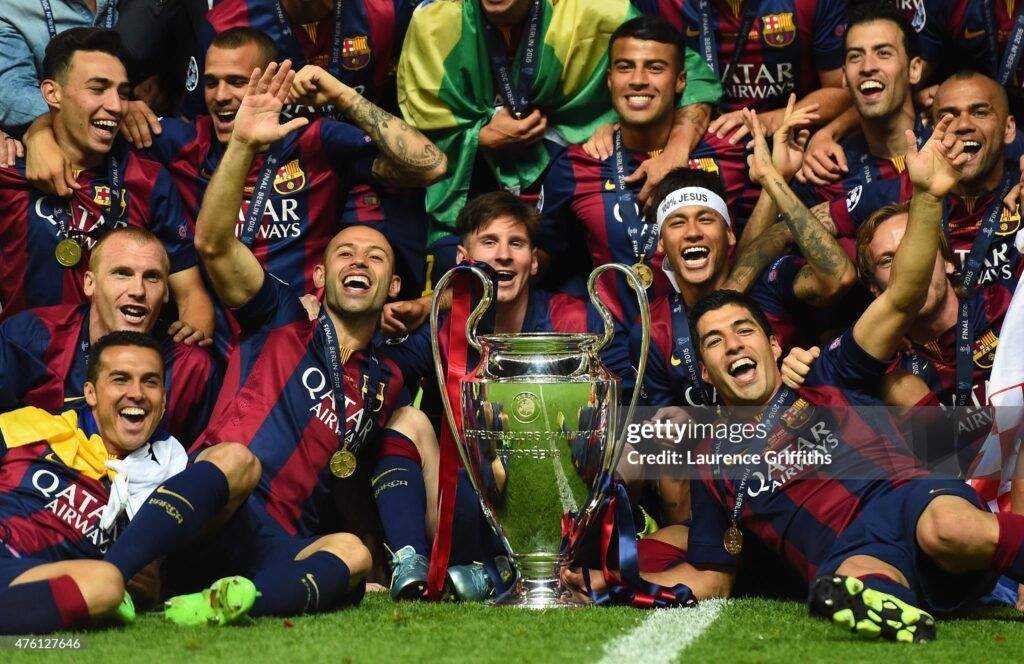
On January 11, 2016, Messi was awarded the FIFA Ballon d’Or for a record-tying fifth time thanks to his outstanding performances throughout the year. Notable accomplishments included his 500th senior career goal for club and country in April, and his hat-trick against Valencia in the Copa del Rey semifinal.
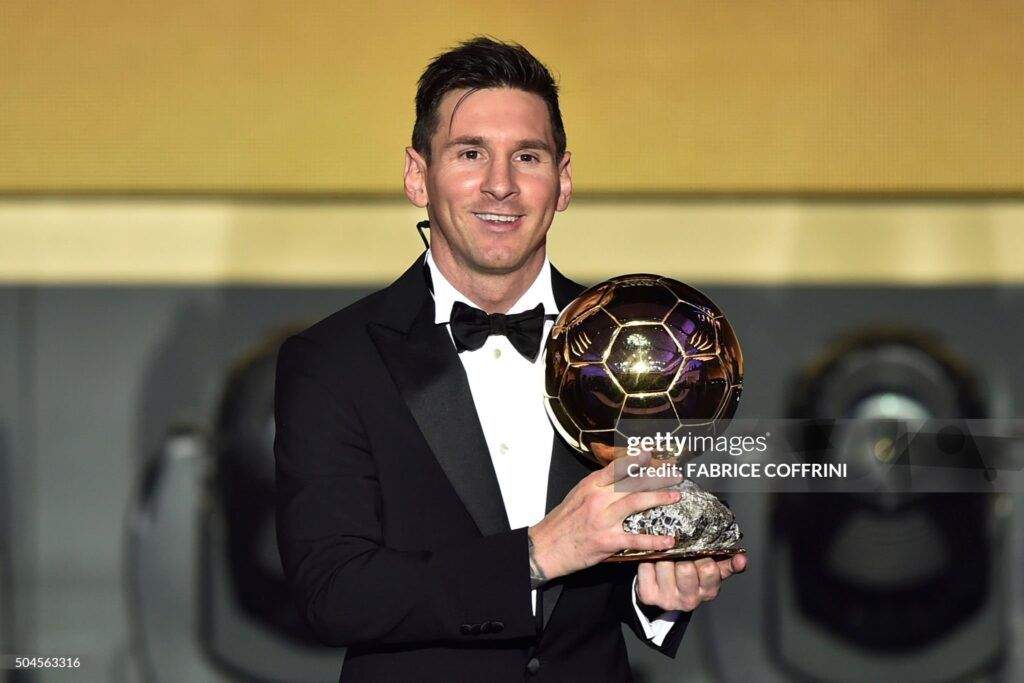
The 2016 Copa del Rey final saw Barcelona defeat Sevilla 2-0 in extra time, showcasing Messi’s contributions to the team’s domestic double for the second straight year. Messi set a Spanish record with 131 goals in the 2015–2016 season with his 41 goals overall. Not only did the season add more trophies to Messi’s already impressive collection, but it also demonstrated his ability to continually produce outstanding performances at the greatest level.
2016-2017: Lionel Messi’s Pinnacle Performance
2016–17 was a fantastic season for Lionel Messi as he helped Barcelona win, broke records, and won individual awards. Messi’s outstanding performances proved that he is among the greatest football players of all time. As Barcelona’s captain at the start of the season, he demonstrated his leadership qualities while Andrés Iniesta was sidelined due to injury.
Messi opened the La Liga season with two goals in a 6-2 victory over Real Betis. He scored his sixth hat-trick in the Champions League when he played Celtic in the UEFA Champions League. But he was out for three weeks against Atlético Madrid due to a groin injury.
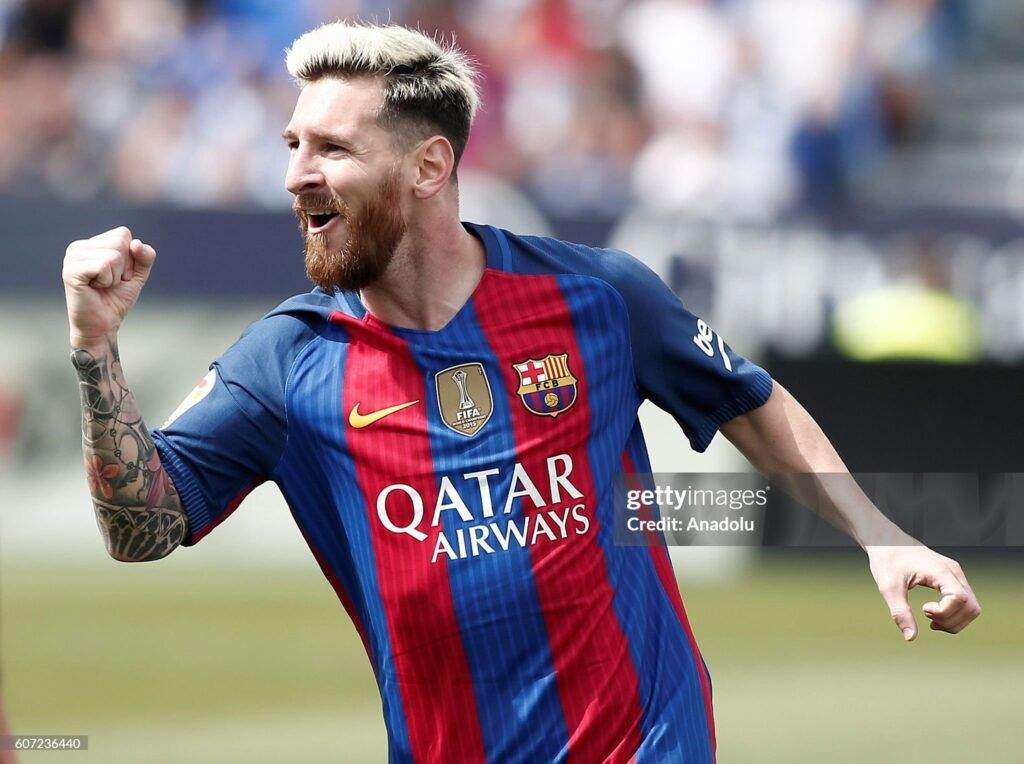
Messi made a comeback, scoring in a 4-0 victory against Deportivo de La Coruña at home and earning his 37th club hat-trick against Manchester City. With 51 goals to close out an incredible season, he was named Europe’s top scorer. He also demonstrated his skill with free kicks, as evidenced by his 26th goal, which tied the club record set by Ronald Koeman. Messi’s 500th goal in a 3-2 victory over Real Madrid on the road cemented his legacy.
2017-2018: Lionel Messi’s Greatness Continues
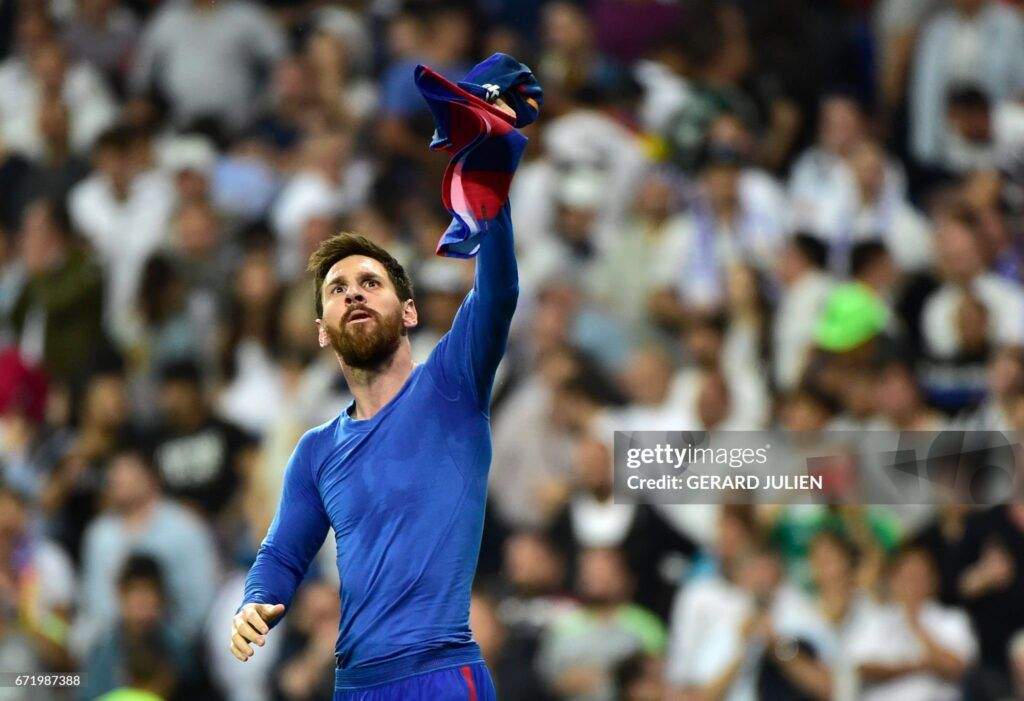
The 2017–18 season for Lionel Messi was incredible, displaying his extraordinary abilities, breaking records, and playing a crucial part in Barcelona’s victory. Messi’s achievements this season have cemented his place among the greatest football players of all time. His 24th official El Clásico goal came in Barcelona’s Supercopa de España, where he converted a penalty kick to start the season. Messi was at the top of his game in September, scoring twice against Juventus in the UEFA Champions League and recording his first hat-trick of the league against Espanyol.
On September 19, Messi demonstrated his exceptional goal-scoring ability by scoring four goals in a 6-1 victory over Eibar. Messi surpassed Carles Puyol to become Barcelona’s third-highest appearance maker in club history in October. Messi accomplished the remarkable feat of scoring 100 goals in all UEFA club competitions in the UEFA Champions League, doing so in fewer games than his opponent Cristiano Ronaldo.
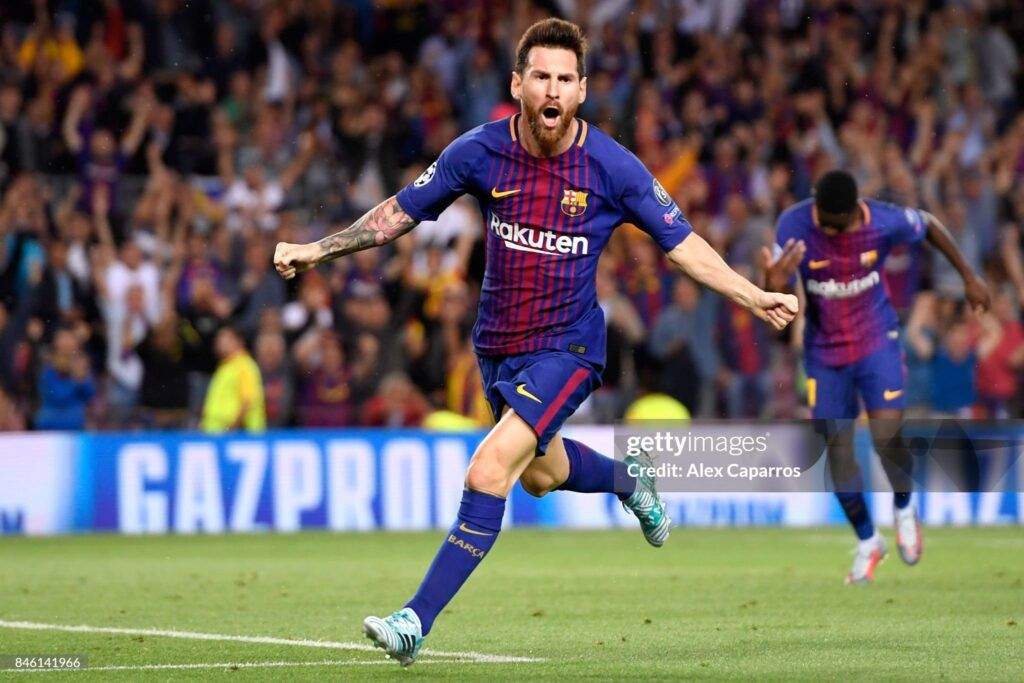
In addition to receiving his fourth Golden Boot, he inked a new contract with Barcelona that will keep him there through the 2020–21 campaign. Beyond just his goals, Messi was instrumental in Barcelona’s Copa del Rey victory, which marked their fourth straight and 30th overall championship.
2018-2019: Captaincy, 10th La Liga Title & 6th Golden Boot
The 2018–19 season was a pivotal one for Lionel Messi’s career as he took on the role of captain for Barcelona, winning the Supercopa de España, their first championship, and a record-tying 10th La Liga title. His outstanding efforts, which included a hat-trick against PSV Eindhoven and two goals in a 3-0 victory over Alavés, cemented his status as one of football’s all-time greats.

Messi’s fortitude and goal-scoring ability persisted in the face of adversity; in a 3-0 victory over Eibar, he notched his 400th La Liga goal and converted his 50th La Liga penalty kick. Barcelona’s plans for his eventual retirement also acknowledged his contributions, as he scored his 50th career hat-trick in a pivotal 4–2 away victory over Sevilla.
Messi’s influence was felt in the UEFA Champions League as well. In that competition, he scored twice against Manchester United to help Barcelona advance to the semifinals. Messi’s skill was clear despite the team’s eventual loss to Liverpool; he ended the season with 51 goals across all competitions.
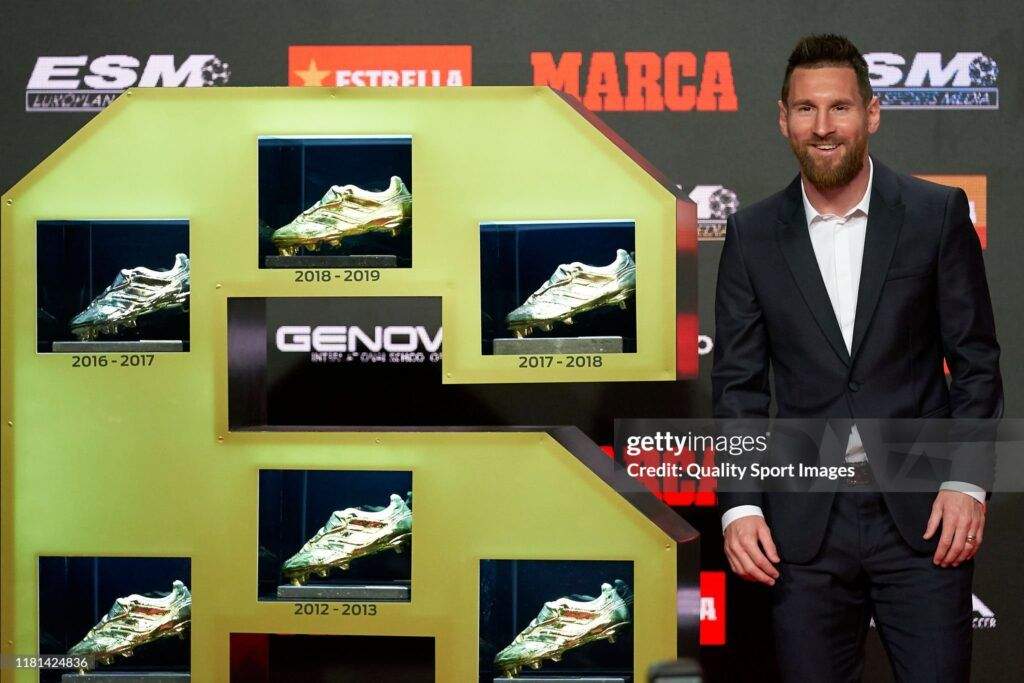
The season’s high point was achieved on April 27, when Messi secured Barcelona’s La Liga title with the lone goal in a 1-0 victory over Levante. His remarkable campaign was further acknowledged with his sixth Golden Shoe, his record third consecutive Golden Shoe since the 2016–17 season, and his sixth Pichichi Trophy as La Liga’s top scorer.
2019-2020: Sixth Ballon d’Or
The 2019–2020 Lionel Messi season was astounding, filled with moments in football history, a record-breaking sixth Ballon d’Or, and impressive goal-scoring feats. Messi suffered a setback in August 2019 from a right calf injury, but he recovered and showed off his skill on the field. On September 23, he was named the 2019 Best FIFA Men’s Player.
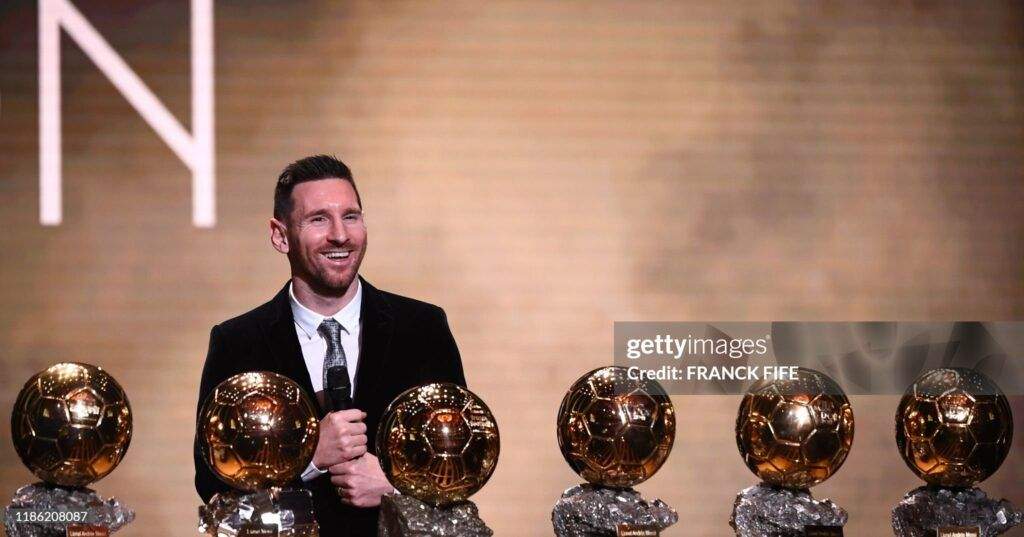
Messi scored his first La Liga goal of the season, a free kick, in a 4-0 victory over Sevilla. With that goal, he broke Cristiano Ronaldo’s record with his 420th La Liga goal. On October 23, he scored his first Champions League goal of the season against Slavia Prague, setting a new record for scoring in 15 straight Champions League seasons. In a 5-1 victory over Real Valladolid, Messi scored his 50th career free kick, matching Cristiano Ronaldo’s La Liga hat-trick record in November. Messi’s accomplishments didn’t stop there.
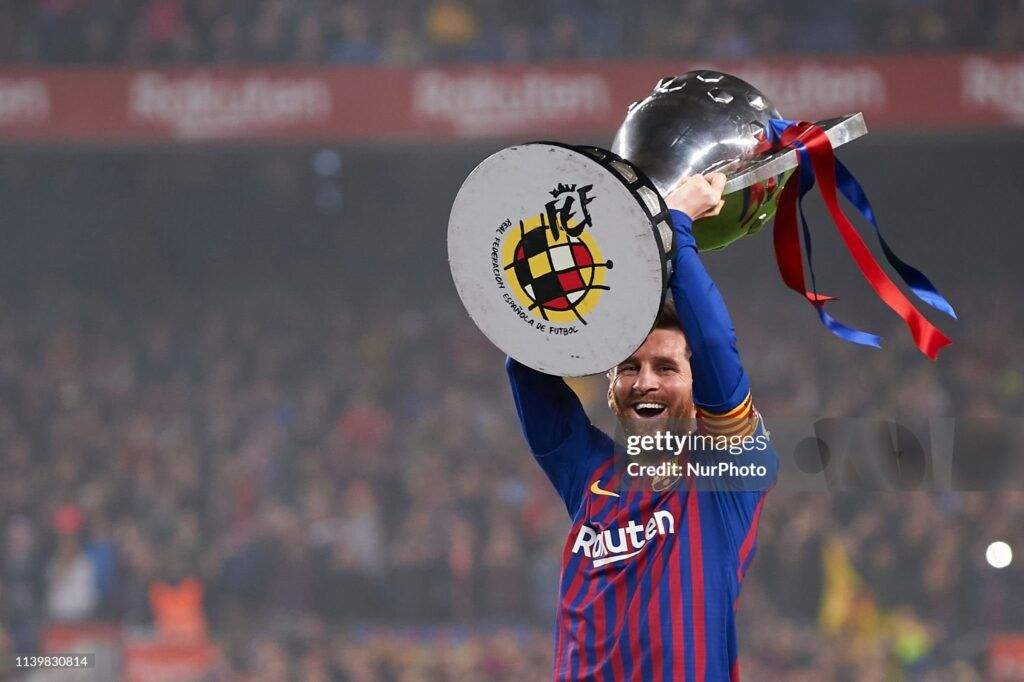
Messi scored his 35th hat-trick against Mallorca in December to win his sixth Ballon d’Or and set a new La Liga record. Messi made La Liga history in February 2020 when he scored 20 goals or more in 12 straight seasons.
He made La Liga history in June when he scored 20 goals or more for 12 straight seasons. Messi was crucial to Barcelona’s victory over Napoli in the Champions League, but the season ended in heartbreak as they lost badly to Bayern Munich 8–2 in the quarterfinals.
2020-2021: An Emotional Roller Coaster, End Of Barca Chapter
Throughout the 2020–2021 season, Lionel Messi experienced a range of emotional ups and downs, including his desire to leave Barcelona, breaking records, and, in the end, a tearful exit from the team. After Messi voiced his dissatisfaction with Barcelona’s direction, his representatives and the club’s management engaged in a highly publicized legal battle over the validity of Messi’s release clause. Messi stuck to his contract despite legal issues, avoiding a legal battle but voicing his displeasure with the club’s management.
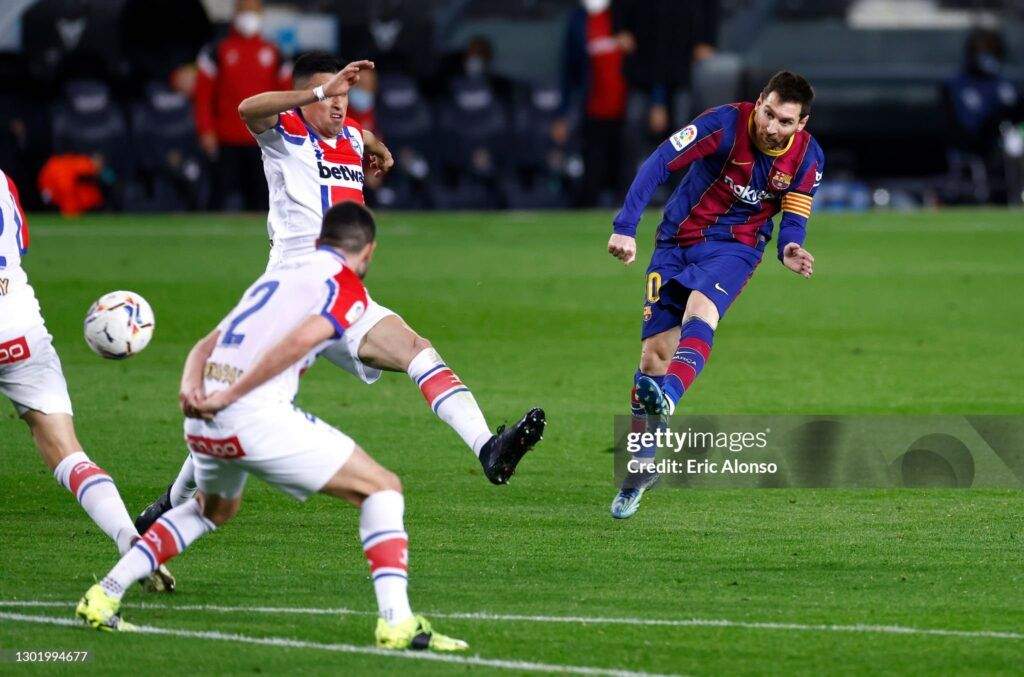
Messi showed unwavering dedication on the field despite his desire to quit, scoring a penalty in a 4-0 home victory against Villarreal. He received recognition for his constant excellence when he was put forward for the Best FIFA Men’s Player award in 2020. Messi broke Pelé’s record for the most goals scored for a single club in December with his 644th goal for Barcelona.
Messi kept up his impressive play, breaking records and scoring amazing goals despite his setbacks. In the Copa del Rey final, he scored twice to win his 35th trophy with Barcelona and break Gerd Müller’s record of scoring 30 goals or more in 12 straight club seasons. His 30th league goal of the season came against Celta Vigo in the league’s final match, earning him the record eighth Pichichi trophy as La Liga’s top scorer.
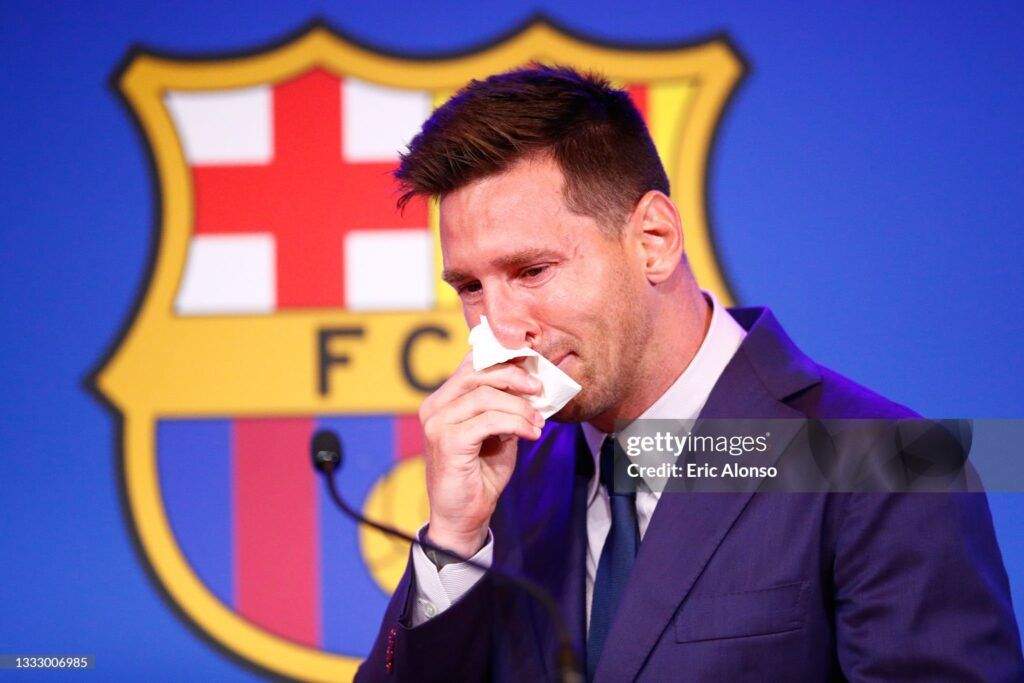
On August 5, 2021, Messi’s departure from Barcelona was made public following the breakdown of contract negotiations. His unmatched contributions to the beautiful game have left fans with enduring memories of his legacy at Barcelona.
2021-2022: Lionel Messi’s PSG Debut & 7th Ballon d’Or
A major change in Lionel Messi’s career occurred during the 2021–2022 season when he joined Paris Saint–Germain (PSG), one of the biggest teams in France. August 29 marked Messi’s PSG debut; on September 15, he made his Champions League debut and first start. On September 28, he scored his first goal for PSG in a 2-0 Champions League group stage victory over Manchester City with a spectacular strike from the edge of the 18-yard box.
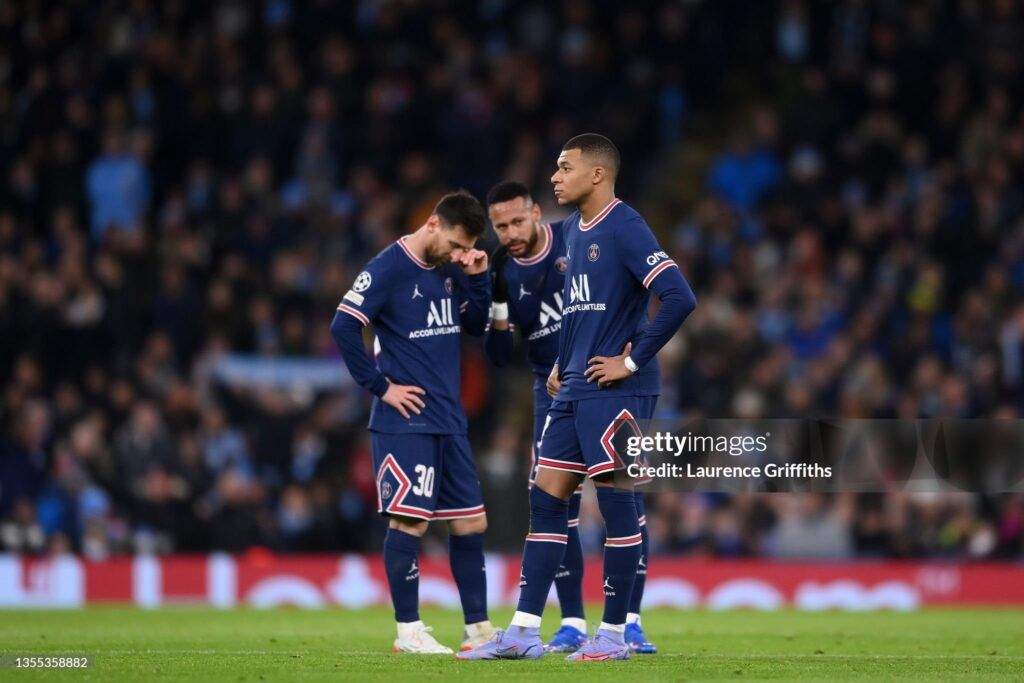
Messi demonstrated his scoring ability in the league at home, defeating Nantes 3-1 on November 21 to score his first goal in Ligue 1. In addition, he contributed a hat-trick of assists against Saint-Étienne, demonstrating his adaptability and ability to create plays. Messi’s record-breaking seventh Ballon d’Or in November cemented his place among the all-time greats in football.
Messi’s time at PSG wasn’t without difficulties, though. He missed important league and cup games after testing positive for COVID-19. He returned on January 23, showing his tenacity by setting up PSG’s third goal in a 4-0 home win over Reims, in spite of the setback.
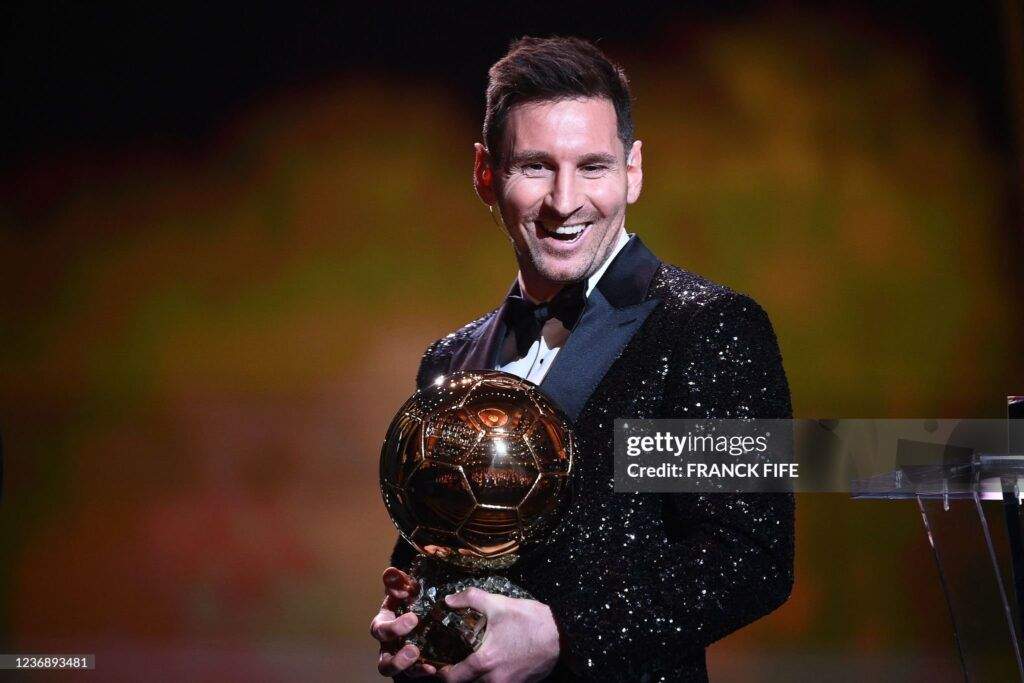
Messi finished his rookie campaign with 11 goals and 14 assists in all competitions, despite the difficulties. Fans excitedly anticipate the continued genius of a football legend adjusting to new challenges in the latter stages of an incredible career as he looks forward to his second season with PSG.
2022-2023: Returning To Form, Ending PSG Chapter
Returning to his preferred attacking role and turning in strong performances, Lionel Messi’s 2022–2023 season at Paris Saint-Germain (PSG) culminated in his second consecutive Ligue 1 title. Messi thrived in his free-attacking role under new coach Christophe Galtier, forming an attacking trident with Neymar and Kylian Mbappé as the playmaker behind two strikers. Messi secured his second trophy with the team at the start of the season by scoring PSG’s first goal in a convincing 4-0 victory over Nantes in the Trophée des Champions.
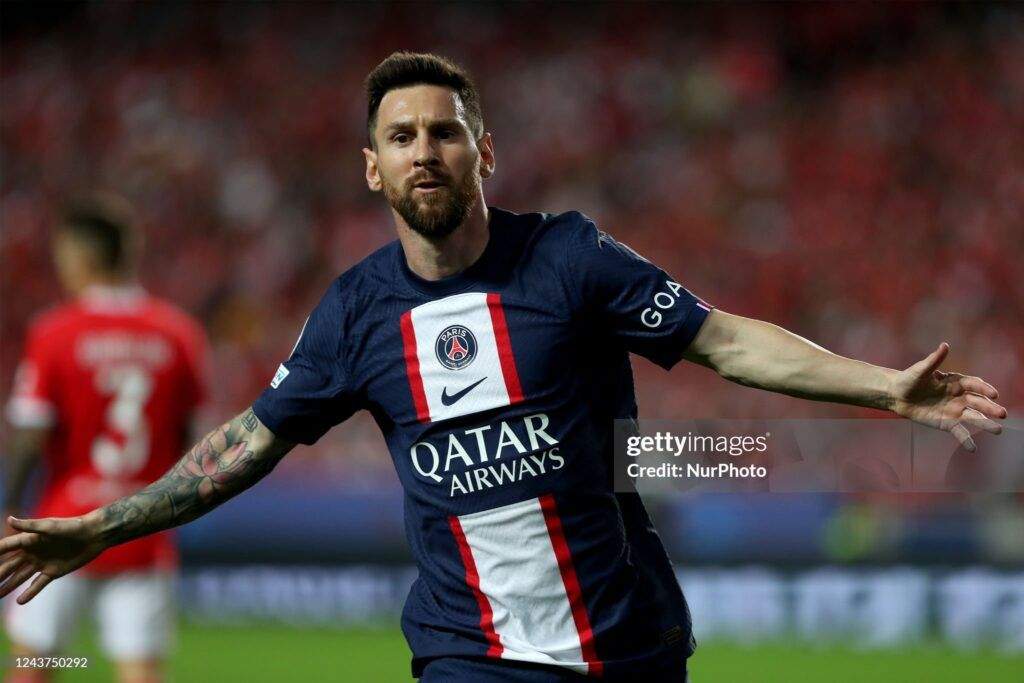
Messi continued to have a big impact on the field despite not being included in the Ballon d’Or nominations, demonstrating his versatility and success in new environments. He became the first player in Champions League history to score against 40 different opponents when he did so in a 1-1 draw away to Benfica. In a 7-2 Champions League triumph over Maccabi Haifa on October 25, he scored twice, creating a new mark for the most goals scored in the competition from outside the 18-yard box.
With 702 goals and 1,000 career direct goal contributions at the club level, Messi surpassed Cristiano Ronaldo as the all-time leading goalscorer in European club football in April 2023. On May 2, though, his season took an unexpected turn when he was fined and given a two-week suspension for visiting Saudi Arabia without authorization.

Messi, who became the player with the most goals in Europe’s top five leagues on May 28 after scoring against Strasbourg, was instrumental in PSG’s 11th Ligue 1 victory despite the turbulent period.
2023-Present:
The legendary football player Lionel Messi has started a new chapter in his career by joining Inter Miami in the Major League Soccer. Messi’s exit from Paris Saint-Germain (PSG) sparked rumors about where he would end up next, with some suggestions being a return to Barcelona or a move to Al-Hilal of the Saudi Professional League. On June 5, 2023, Messi’s decision to join Inter Miami as his new team was formally announced to Barcelona president Joan Laporta.
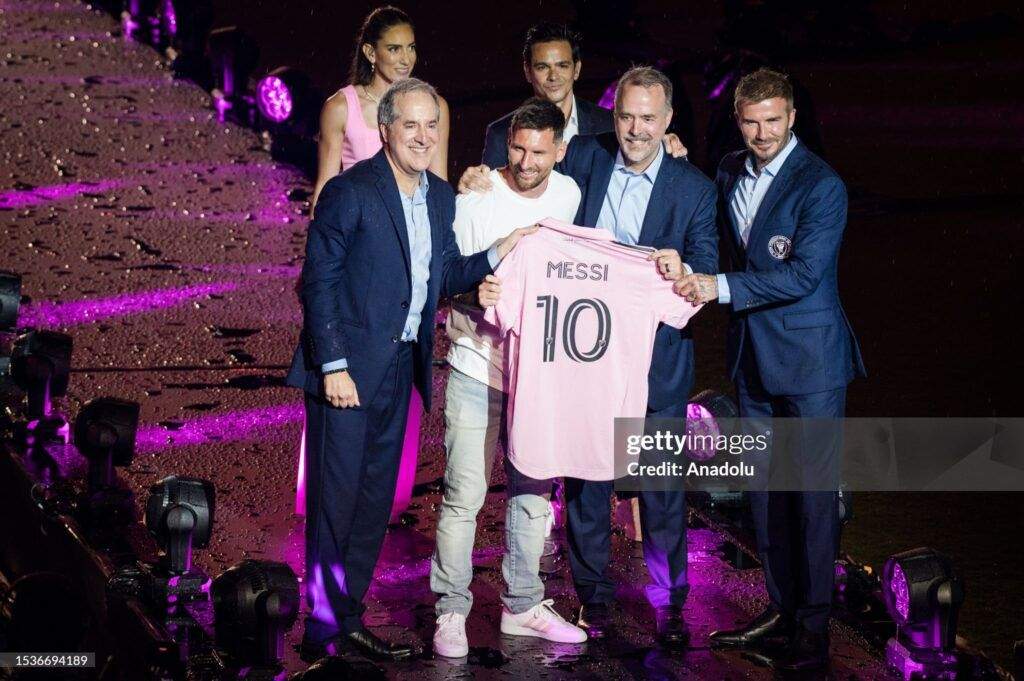
The excitement around Messi’s transfer to Major League Soccer peaked on July 15, 2023, when Inter Miami formally announced the football virtuoso’s two-and-a-half-year contract. $12 million in base pay, guaranteed compensation of $20.4 million for the 2023 campaign, jersey sales proceeds, MLS Season Pass subscriptions, and a club ownership are all included in the agreement.
On July 21, Messi made his Inter Miami debut. He scored a vital free kick in stoppage time and scored nine goals in his first six games. On August 19, he defeated Nashville SC in the Leagues Cup final to win his first trophy ever. On August 26, he made an incredible regular-season debut in Major League Soccer against the New York Red Bulls.
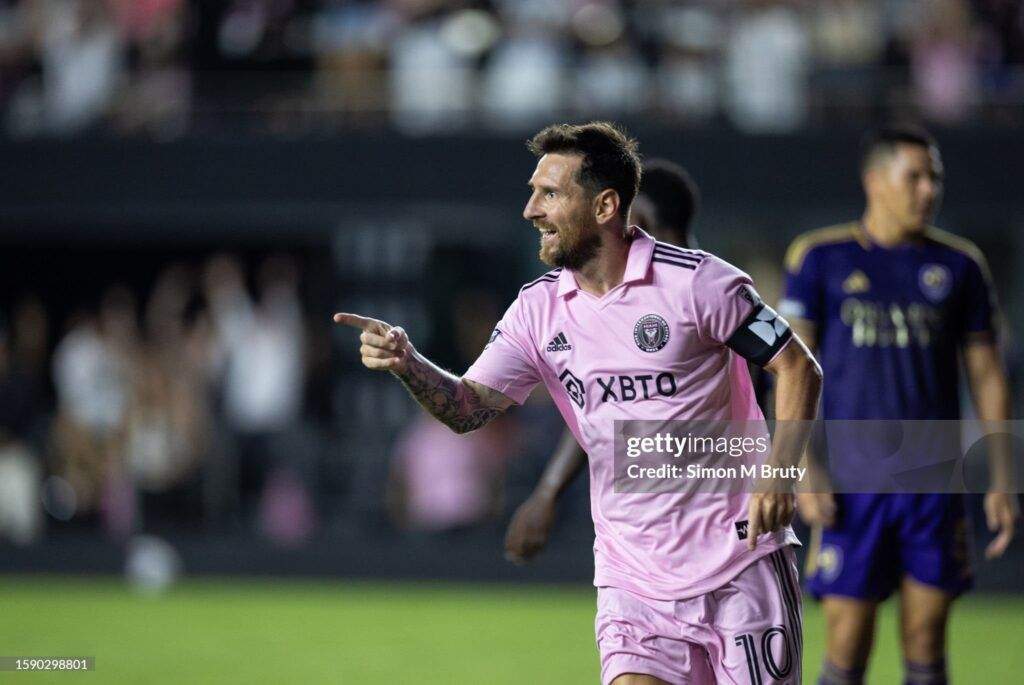
Messi’s achievements off the field kept mounting, as he won the World Cup with Argentina and the Ligue 1 title with PSG. In 2024, he was awarded Time Athlete of the Year and achieved a record-tying third victory as The Best FIFA Men’s Player. Football fans are excitedly awaiting Lionel Messi’s next exciting chapter in his career as he continues to leave his mark in the MLS with Inter Miami.
International Career Of Lionel Messi
2004–2005: Youth Level
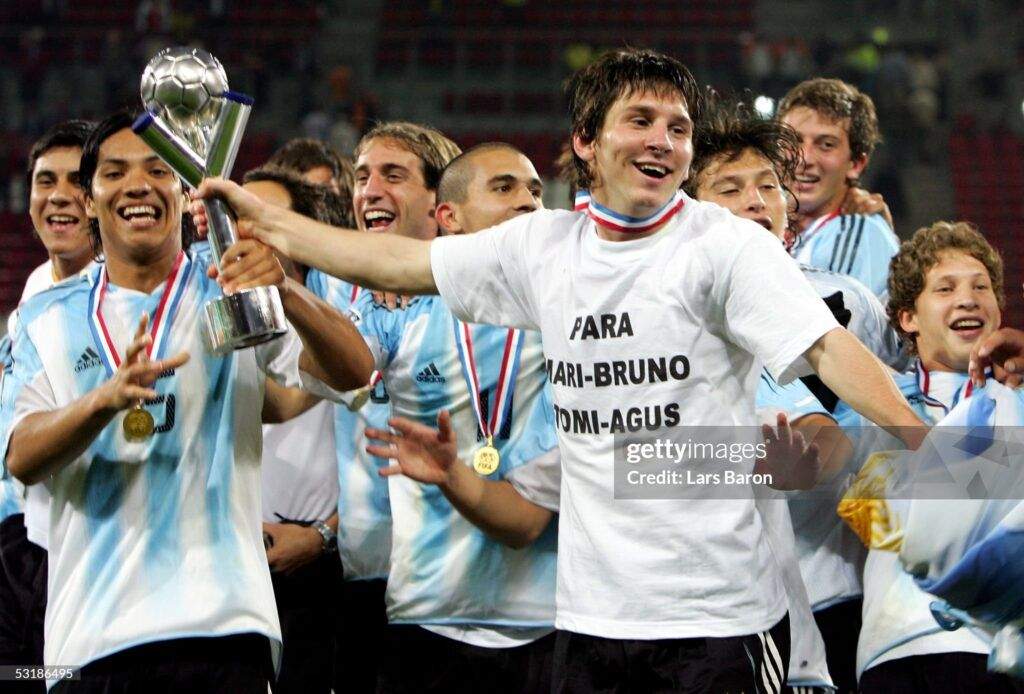
Dual-national Spanish-Argentine Lionel Messi made his debut in 2004–05 against Paraguay, scoring once and dishing out two assists. Messi’s influence was evident even though he struggled physically as a result of his previous growth hormone deficiency, helping Argentina qualify for the FIFA World Youth Championship in third place. Messi was instrumental in helping Argentina win their fifth World Youth Championship despite his physical limitations.
2005-2006: Senior Level & World Cup Debut
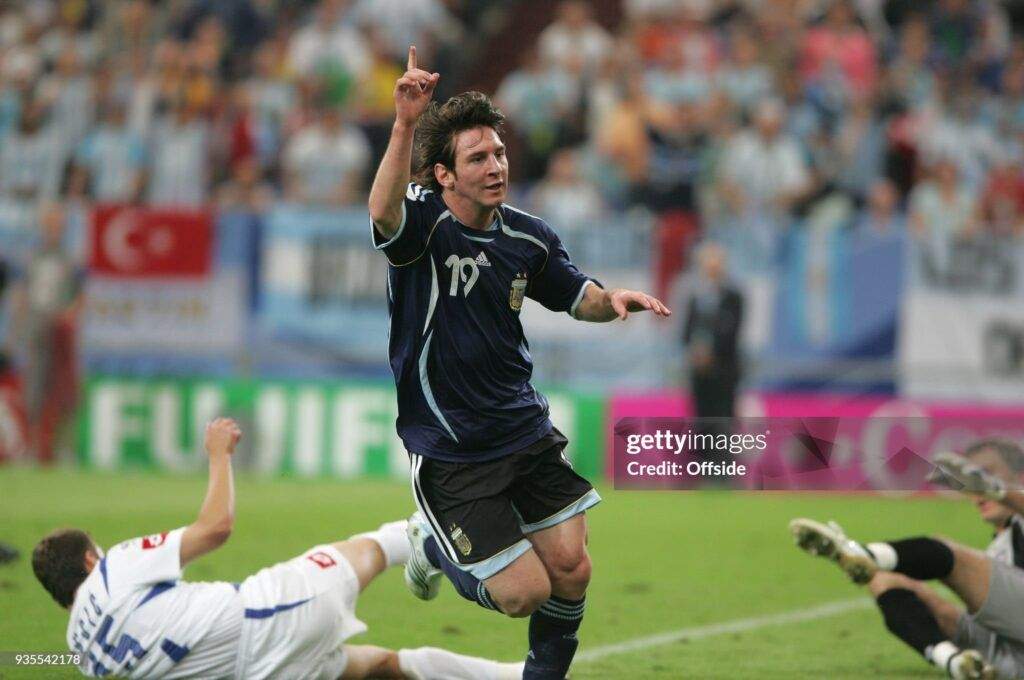
In the 2005–06 season, Lionel Messi made his senior international football debut in a pivotal World Cup qualifier against Paraguay, showcasing his extraordinary talent. Messi qualified for the 2006 FIFA World Cup in Germany in spite of a hamstring injury, making him the sixth-youngest goalscorer and youngest player from Argentina. His significant contributions persisted, and he scored a crucial goal against Croatia.
Messi’s absence from the quarterfinals sparked criticism of Pékerman’s decisions, despite the fact that he was controversially ruled offside in the knockout stage against Mexico. This suggested that Messi had an incredible career ahead of him.
2007–2008: Copa América Final & Olympic gold
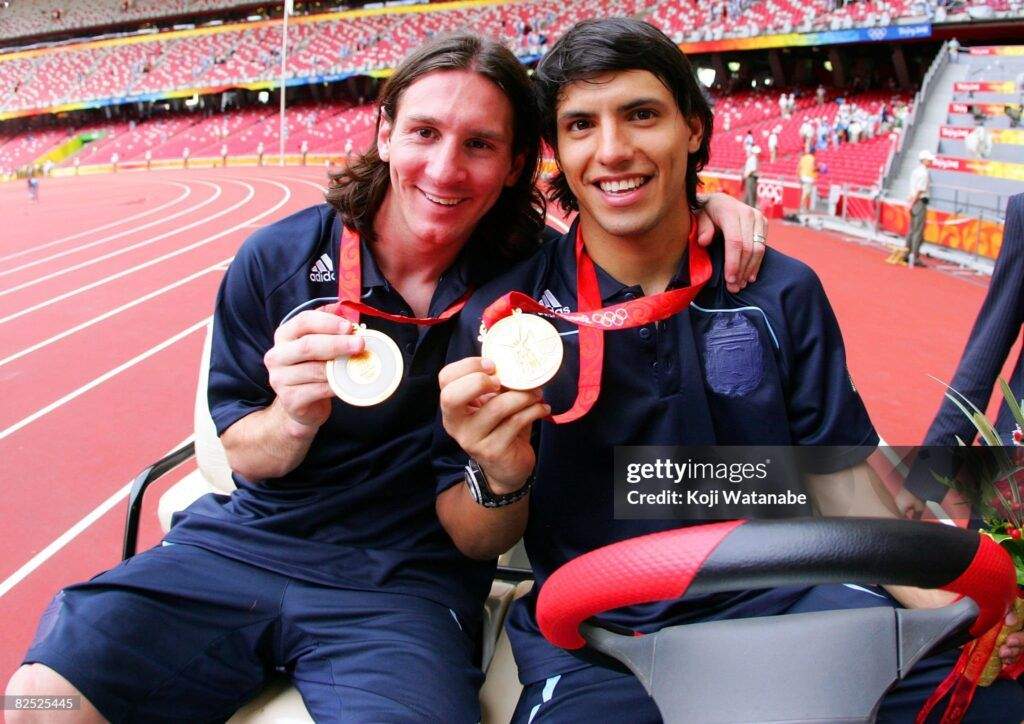
Lionel Messi’s tremendous contributions to both the Beijing Summer Olympics and Argentina’s Copa América in 2007–2008 cemented his ascent to the pinnacle of football. Messi led by Alfio Basile scored important goals in the Copa América, and CONMEBOL named him the best young player of the competition. Despite early setbacks, Messi joined the under-23 team for the 2008 Summer Olympics and scored in the opening game against Ivory Coast. His performances demonstrated his capacity to succeed on a global scale, portending a successful career.
2008-2011: International Setback
With the Argentine national team, Lionel Messi went through a difficult time between 2008 and 2011 that was characterized by changes in management, tactical uncertainty, and group struggles.
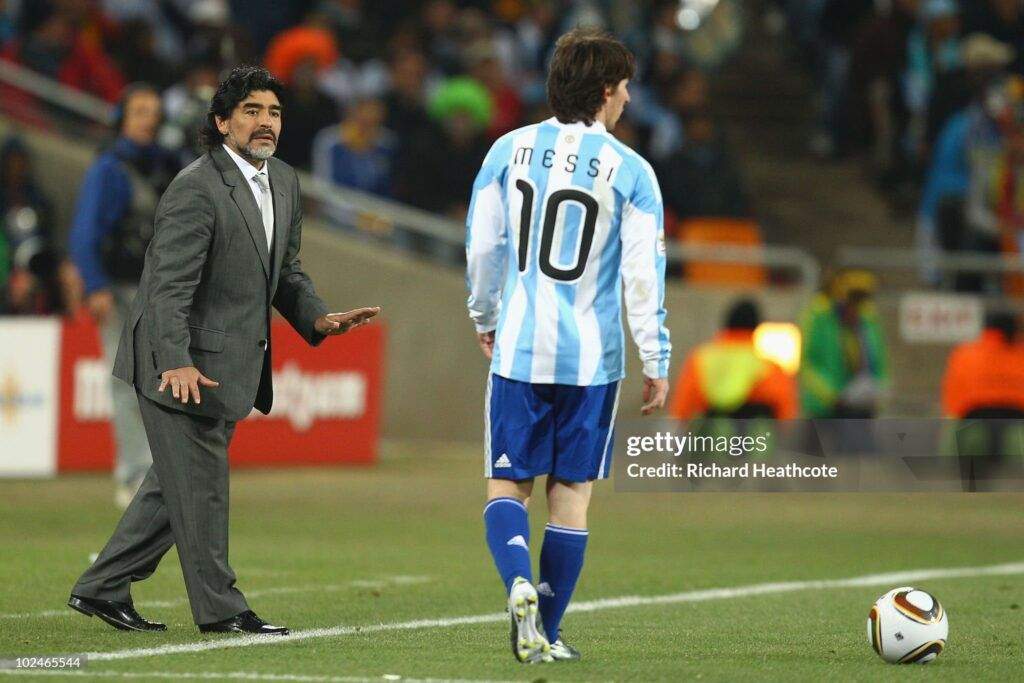
During the 2010 World Cup qualifying campaign, Argentina found it difficult to establish a consistent routine under the leadership of Diego Maradona. Maradona sought Messi’s tactical advice, which resulted in a novel formation that at first seemed to have potential. Messi’s ability to set up plays was on display in the game against South Korea, but Argentina’s quarterfinal exit against Germany was disappointing. He was named a false nine by Sergio Batista following the World Cup, but despite scoring 53 goals for Barcelona, he had trouble finding the back of the net for Argentina.
The 2011 Copa América presented more difficulties as Argentine supporters jeered and jeered after draws and apparent chemistry problems with Carlos Tevez. Messi’s time on the national team was characterized by shared disappointments, elevated hopes, and the difficulty of translating his club success to a global arena.
2011-2013: National Team Captaincy
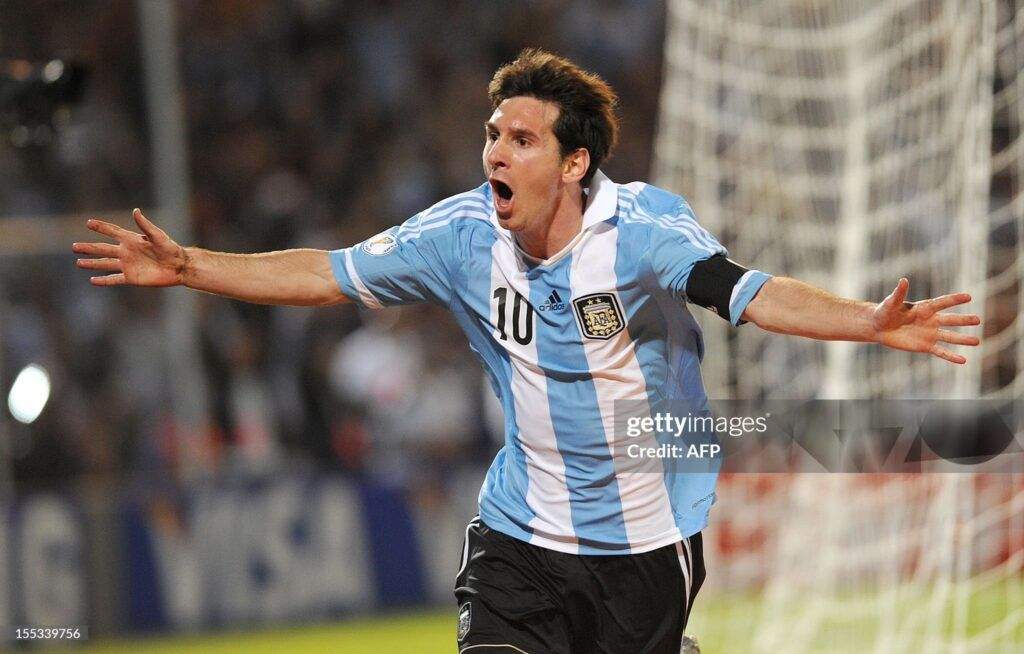
In 2011, Lionel Messi was named captain by Argentina’s coach Alejandro Sabella, who recognized the player’s ability and impact. Messi’s outstanding on-field performance served as an example of his leadership qualities. Messi ended his goal drought and increased his goal total for his country to 25 goals in 32 appearances over three years under Sabella’s tactical changes.
With a hat-trick against Switzerland in the 2012 season, he tied Gabriel Batistuta’s record for most goals in a calendar year. Additionally, he was crucial to Argentina’s World Cup qualifying in 2014, scoring twice against Paraguay. Messi’s strained relationship with his fellow countrymen revealed a shift in Argentine opinion and cemented his place in the history of the national team.
2014-2015: FIFA World Cup & Copa América Finals
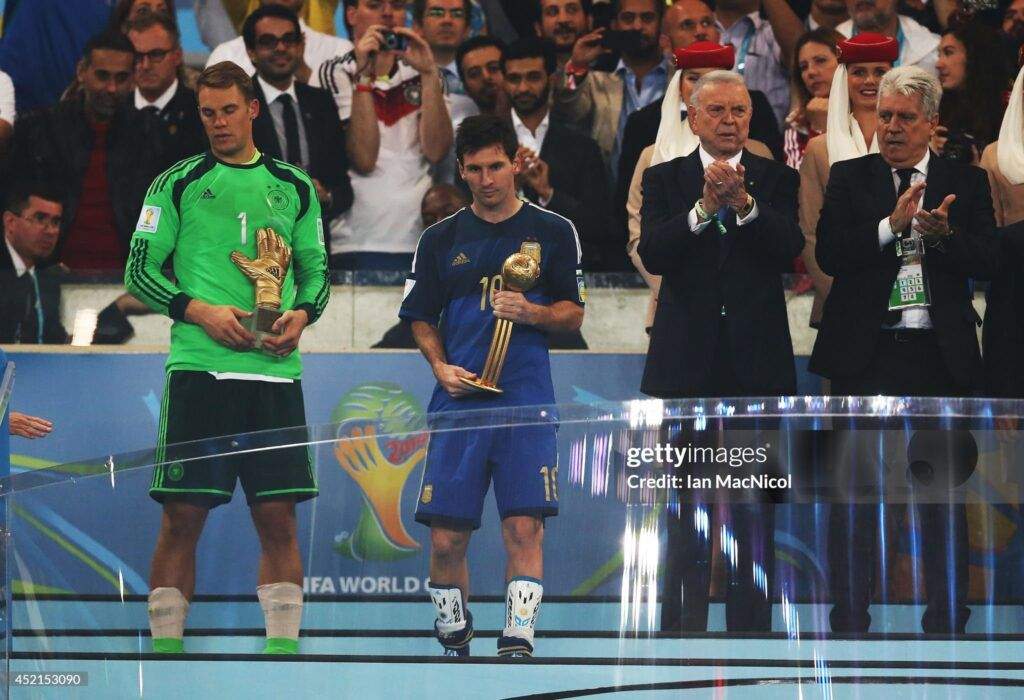
Between 2014 and 2015, Lionel Messi’s international career was characterized by both success and heartbreak. Messi’s season with Barcelona was marred by injuries, so people were skeptical of him. However, he showed great play and won Man of the Match in the first four games. With pivotal goals and assists, he led Argentina to the knockout stage, displaying his genius. Messi received the Golden Ball for his outstanding performance in the tournament, even though Argentina lost to Germany in the championship match.
Messi demonstrated his growth as a true leader in the 2015 Copa América by earning his 100th cap in the group stage. But in the championship match, Argentina suffered a heartbreaking loss to Chile, prolonging their trophy drought. Messi was under intense scrutiny and criticism following his defeats in the World Cup and Copa América, with some questioning his choices for individual awards. Messi’s fortitude and dedication to the national team persisted in spite of this.
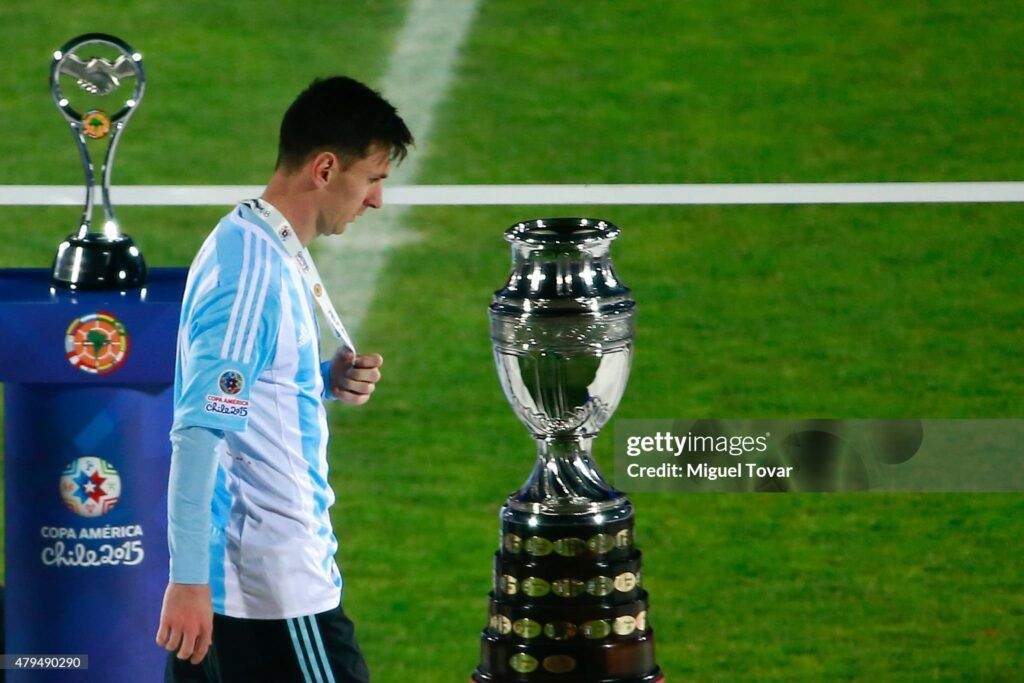
Messi’s journey included a pivotal period in 2014–2015, during which he experienced both the highs and lows of playing competitive football. In addition to his individual talent, his capacity for inspiration and leadership brought to light the intricacies and difficulties of playing international football, where happiness and sadness frequently share the same platform.
2016-2017: 3rd Copa América Final, 1st Retirement & Return
From 2016 to 2017, Lionel Messi’s international career was a rollercoaster of highs, heartbreaking lows, and a dramatic tale of retirement. In the 2016 Copa América Centenario, he led Argentina with unparalleled grace, demonstrating his brilliance. Argentina advanced to the quarterfinals thanks to his hat-trick against Panama. He went on to shatter records, matching Gabriel Batistuta’s record for most goals scored.
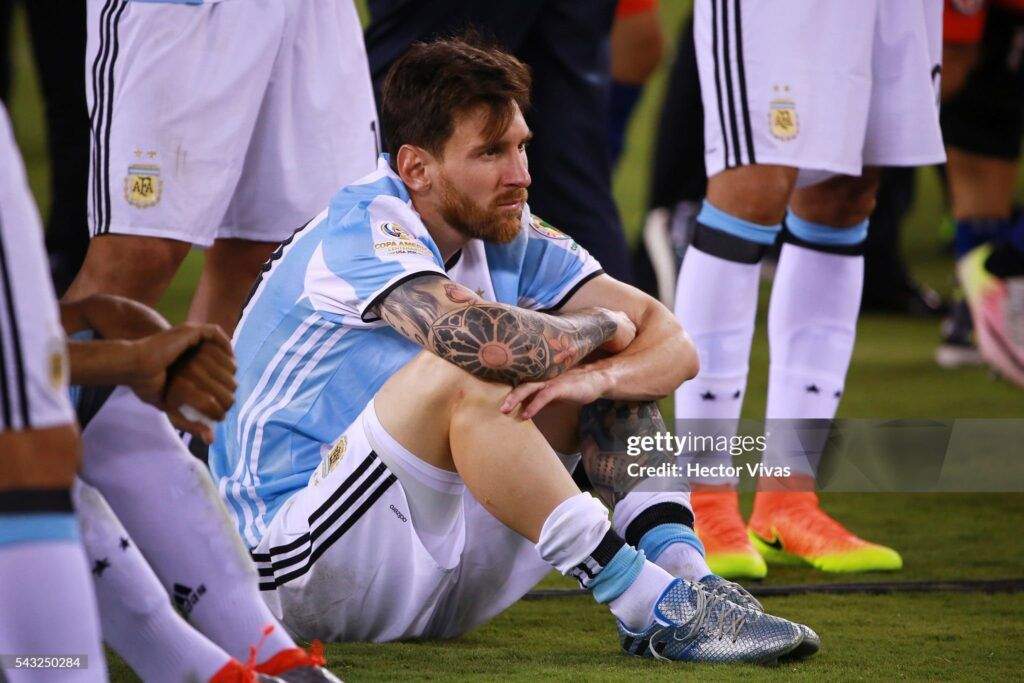
But in the championship match against Chile, his dream was dashed as they lost on penalties shootout. Messi, devastated, declared his retirement, sparking a massive campaign in Argentina to change his mind. Messi’s decision to retire was changed in a matter of weeks, leading to a victorious comeback for the national team.
Messi gave his team a 1-0 victory over Uruguay by scoring a pivotal goal in the 2018 World Cup qualifiers. Strangely enough, he received a four-game international suspension for an incident during a Chilean match. Argentina filed an appeal in spite of the loss, which resulted in the suspension being lifted and Messi being available for the remaining World Cup qualifiers. Argentina’s World Cup 2018 spot was guaranteed by his historic hat-trick, which also made him the all-time top scorer in CONMEBOL World Cup qualifying.
2018 FIFA World Cup:

With flashes of genius, heartbreak, and enduring struggles for the Argentine national team, Lionel Messi’s 2018 World Cup was a difficult chapter in his international career. Even after a 6-1 loss to Spain and lower-than-expected expectations, Messi’s fortitude and leadership qualities were still apparent. With a spectacular first goal against Nigeria in the last group match, he became the third Argentine to score in three World Cups.
Messi became the first player to provide an assist in four World Cups when he assisted twice goals against eventual champions France in the round of 16. Following the tournament, there were doubts regarding Messi’s future with the national team. However, in March 2019, he made a comeback to the international scene, raising hopes for more success there.
2019-2020: More Challenges
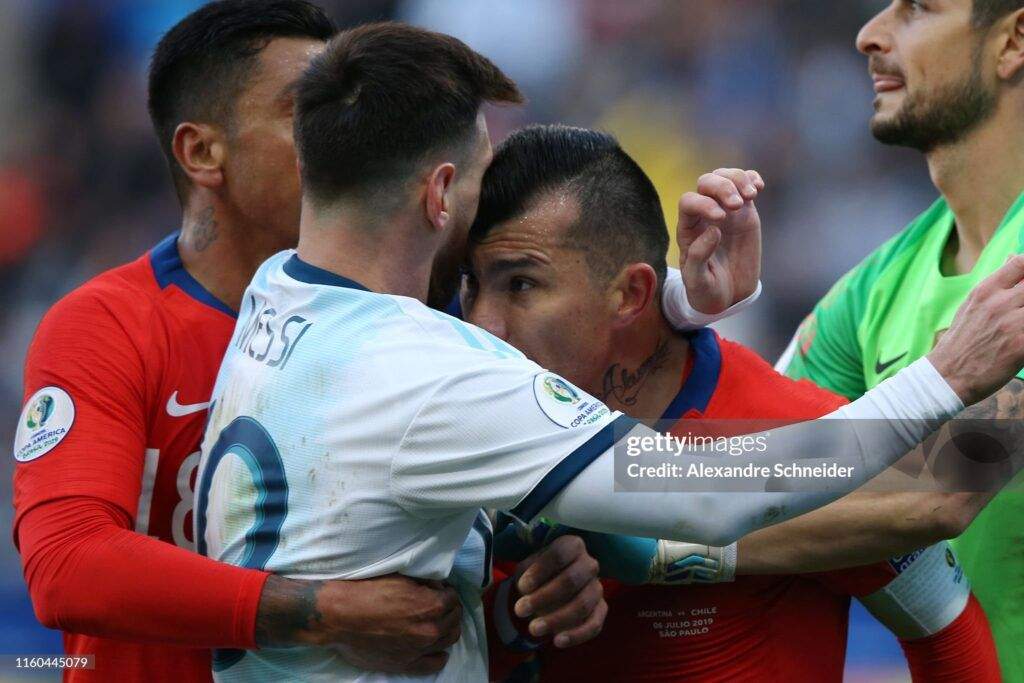
In the 2019–2020 season, Lionel Messi’s international career was characterized by standout performances, contentious situations, and a suspension. Messi’s unwavering dedication to his national team was evident, even in the face of criticism for Argentina’s subpar pitch.
His contentious remarks during the semifinal matchup with Brazil and the contentious farewell speech against Chile added to the tournament’s complexity. Due to Messi’s actions, he was fined $1,500, suspended from international football for three months, and banned from CONMEBOL for one match. Messi’s tenacity and dedication to Argentina’s national team in the face of these obstacles served as an inspiration and source of motivation.
2021-2022: Copa America & FIFA World Cup Champion
The 2021–2022 Lionel Messi international season was an incredible journey that cemented his place in the annals of football history. In the Copa América, he won his first significant international championship and guided Argentina to World Cup victory. Messi’s nine goal contributions during the tournament demonstrated his brilliance, as he was awarded Player of the Tournament and the Golden Boot for being the top scorer.

With his hat-trick against Bolivia in the World Cup qualifying round, Messi overtook Pelé as the top scorer for South America’s men’s national team with 79 goals. He provided two assists in Argentina’s 3-0 victory over Italy in the 2022 Finalissima, which saw them win another trophy. In a 5–0 friendly victory over Estonia, he surpassed Ferenc Puskás as the all-time top scorer for men’s international teams.
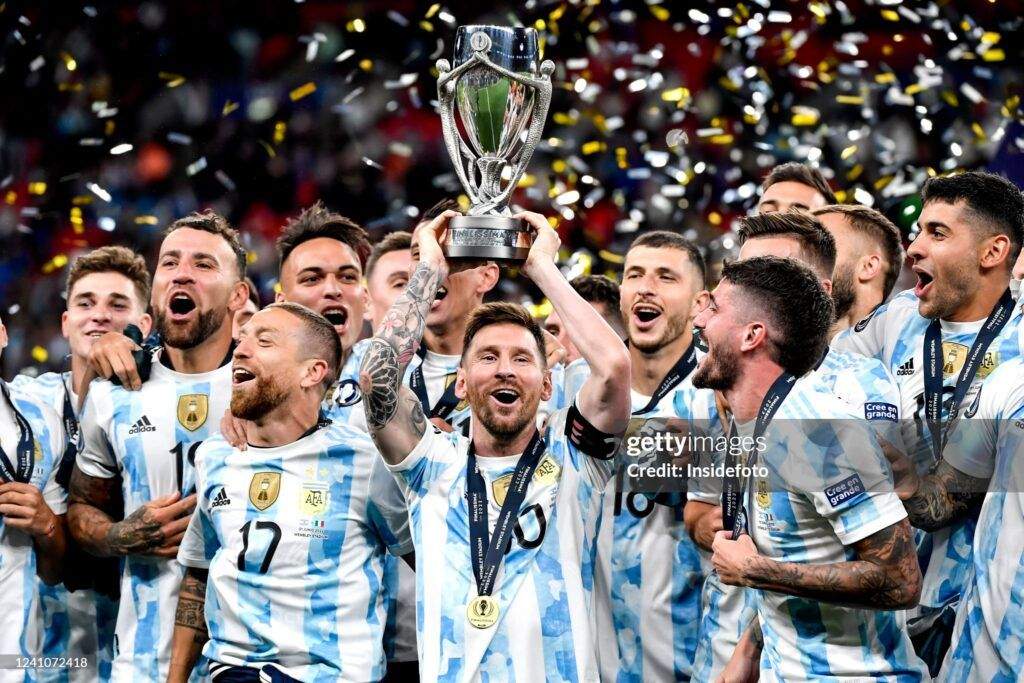
The FIFA World Cup in Qatar in 2022 served as the apex of Messi’s international career. Messi inspired his team after a difficult beginning with a 2-1 loss to Saudi Arabia. He scored goals in pivotal moments against Mexico and Australia to become Argentina’s all-time leading scorer at the World Cup.
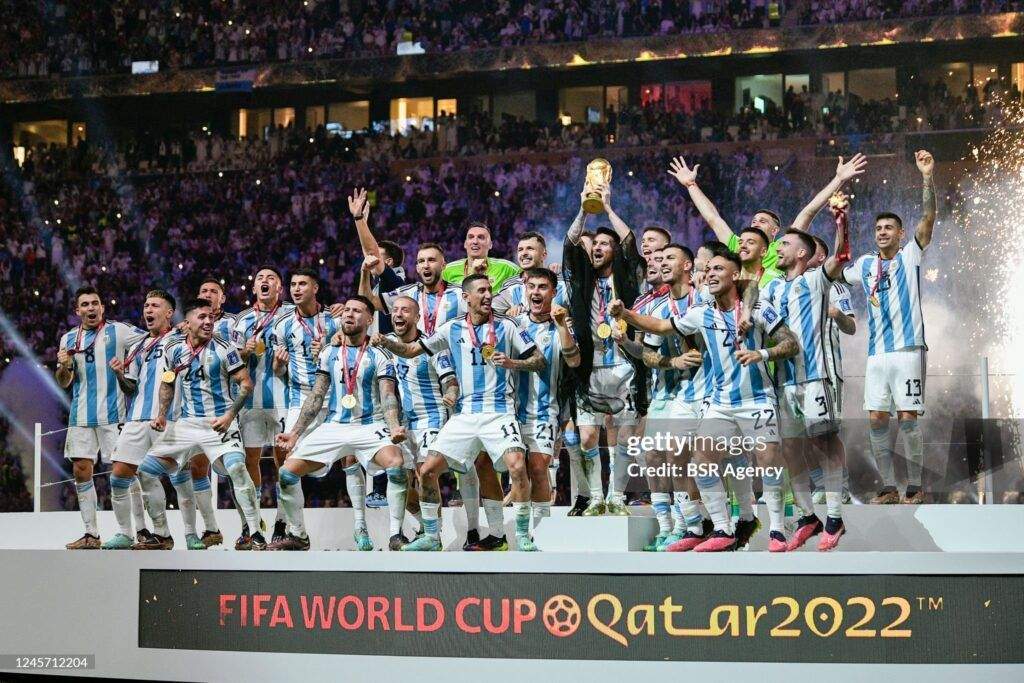
Argentina’s 36-year World Cup drought came to an end thanks to Messi’s performance in the final match against France, where he also won Player of the Tournament. He came in second place, just behind Kylian Mbappé, in the Golden Boot competition with seven goals and several assists.
Messi stated that he wanted to play as a champion going forward and that he had no intention of leaving the national team after the World Cup. Messi’s World Cup jerseys went up for an incredible $7.8 million at auction in December 2023, highlighting the momentous importance of his contributions.
2023-Present: 100 Int. Goals
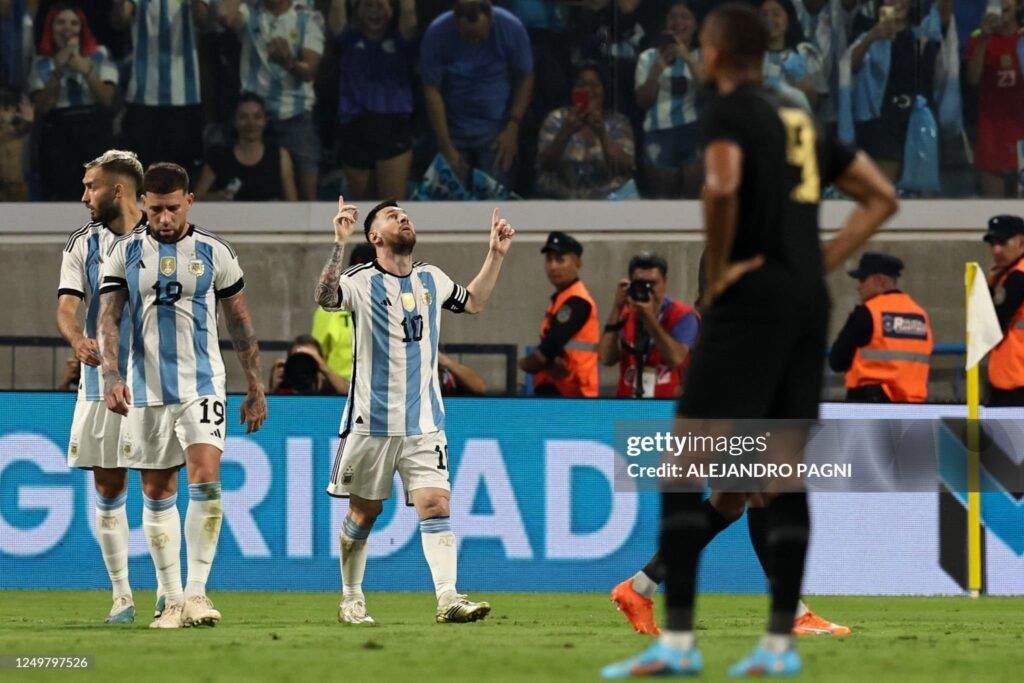
Messi returned to his native Argentina in March 2023, having competed in two friendlies there as a world champion. With a free kick in Argentina’s 2-0 victory over Panama, he scored his 99th goal for his country and club. It was also his 800th goal overall. The next game, Argentina defeated Curaçao 7–0 thanks to a hat-trick from Messi, his ninth goal of the season. Messi also contributed an assist.
Messi became the third player in history to reach 100 goals for his country after scoring the first of his three goals.
Lionel Messi In Pop Culture
Famous football player Lionel Messi has transcended the game and gained global recognition in pop culture thanks to his success on the field and influence off it. He has routinely ranked in the top ten paid athletes in the world, earning more than €40 million and €100 million. He is a commercial powerhouse in the sports industry thanks to his financial empire, which consists of lucrative endorsement deals, bonuses, and salary. Messi’s image rights have been secured by Adidas, his main sponsor since 2006, resulting in a successful and long-lasting partnership.
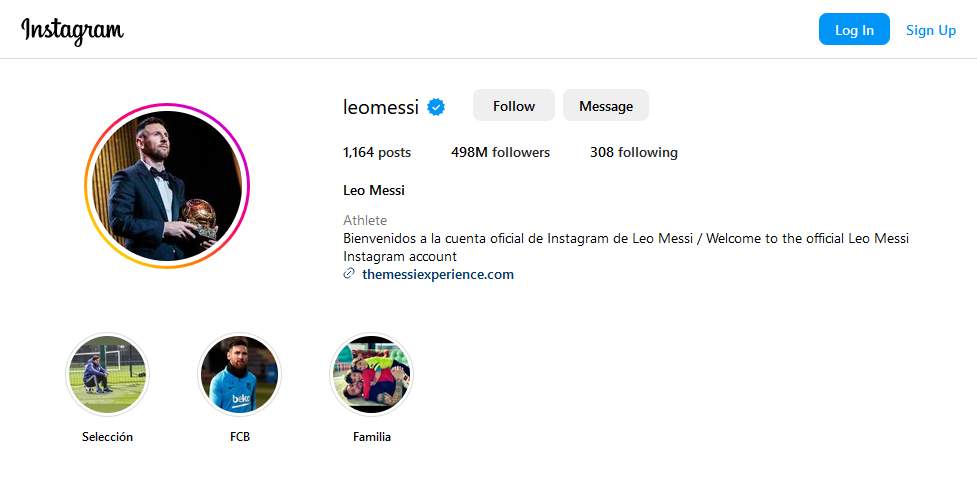
With more than 450 million Instagram followers and 114 million Facebook fans, Messi’s fame goes beyond the football field. With more than 70 million likes, his World Cup celebration Instagram post from December 2022 became the most liked post ever. Messi’s influence on popular culture extends beyond the digital sphere. Two examples are his $5.25 million gold replica of his left foot and the wax sculpture of him at Madame Tussauds.
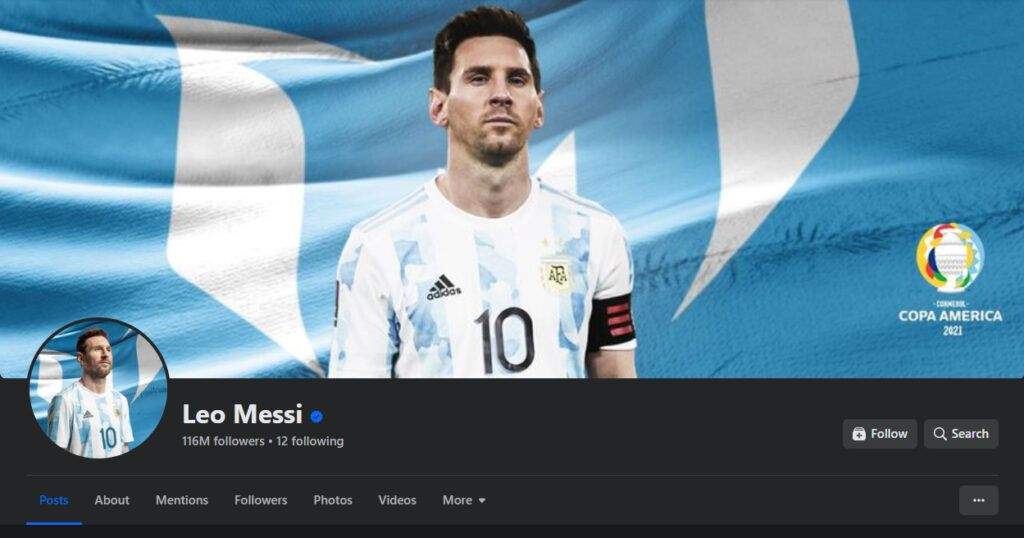
Beyond endorsements for sports teams, Messi’s impact can be seen in his partnerships with high-end fashion labels like Dolce & Gabbana and Audemars Piguet, as well as popular video game franchises like FIFA and Pro Evolution Soccer. His celebration of a goal, which appears in the FIFA video game series, has come to represent success both on and off the field.
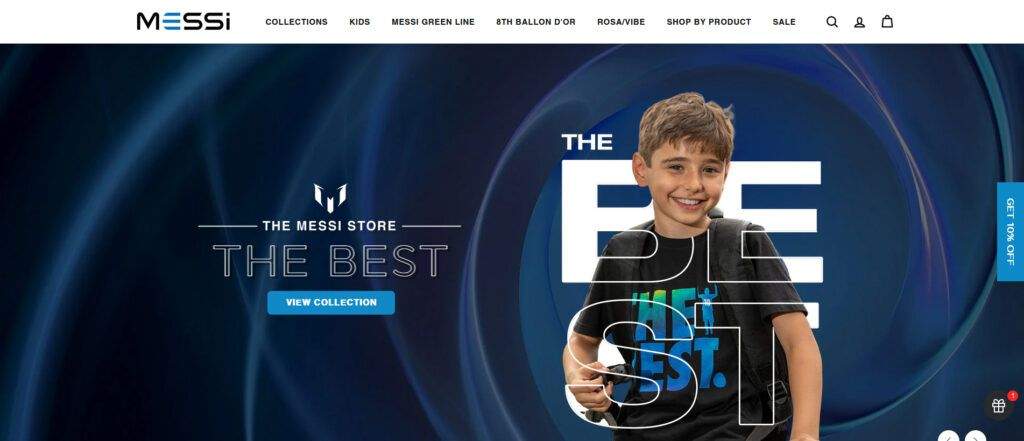
Events like the 2022 World Cup, where Messi’s Argentina jersey—provided by Adidas—sold out globally, demonstrating his global reach and solidifying his place as a transcendent figure in pop culture. His ability to successfully combine his commercial success and on-field brilliance has cemented his status as one of the world’s most prominent and marketable individuals, leaving a lasting impression on the nexus between popular culture and sports.
Lionel Messi’s Personal Life
Family
The well-known football player Messi has a close relationship with Antonela Roccuzzo, with whom he started dating in 2008. Their relationship dates back to their early years; Messi went public with it a month later in 2009 after confirming it. Together, the couple has three sons, and Messi’s commemorations of significant family occasions have gained notoriety. In 2012, Thiago, their first son, was born in Barcelona. In June 2017, Messi tied the knot in an opulent ceremony in Rosario, highlighting his Catholic faith and dedication to his family.

Since Messi was fourteen years old, his father Jorge has been his agent, and the Messi family functions as a cohesive unit. The football player’s charitable organization, the Leo Messi Foundation, is run by his mother and another brother, Matías, while his oldest brother, Rodrigo, oversees his daily schedule and publicity. Messi owns his mother’s penthouse, maintains his family’s old house, and has a family compound outside of Rosario, all while maintaining strong ties to his hometown despite his international success. His long-term goal is to finish his playing career by going back to his boyhood club, Newell’s Old Boys.
Philanthropy
The well-known football player Messi has a strong dedication to philanthropy that stems from his own struggles with illness. He has been a UNICEF Goodwill Ambassador since 2004, bringing attention to the suffering of children in Haiti following a catastrophic earthquake. The Leo Messi Foundation was founded by Messi in 2007 with the goal of giving kids access to sports, healthcare, and education. The organization funds research grants, medical education, and the expansion of medical facilities across the globe.
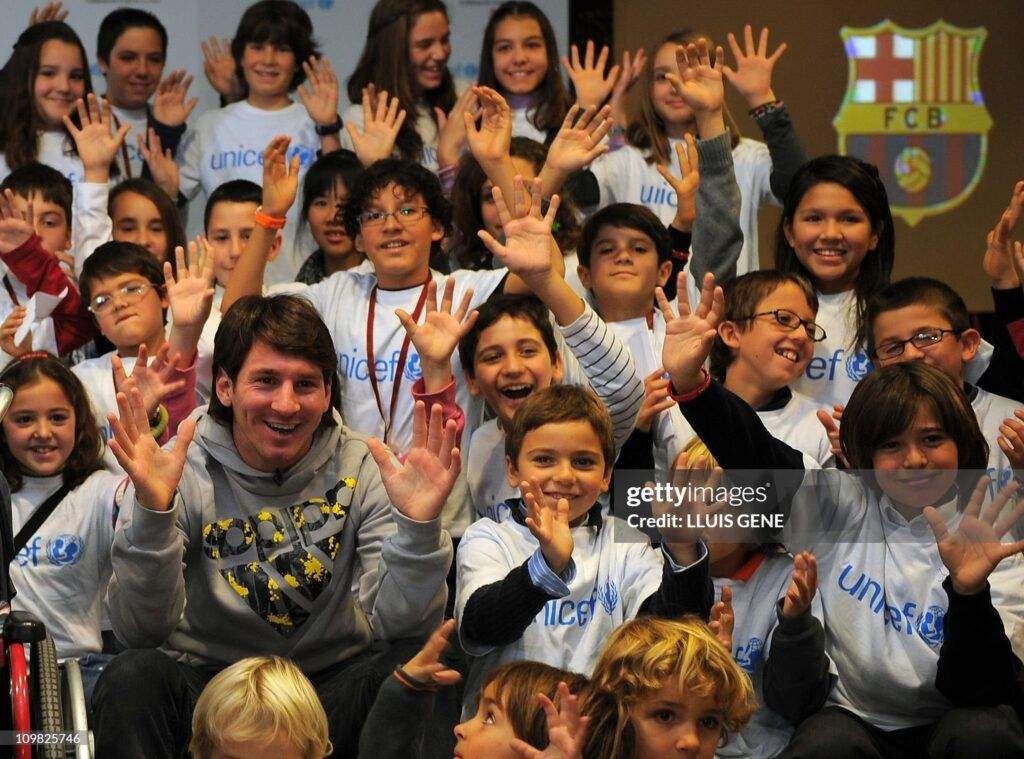
Adidas, Messi’s longtime sponsor, has made a significant donation to the foundation. His contributions to Argentina’s youth football scene highlight his dedication to developing talent and helping out local teams. Messi donated €1 million in times of need to stop the COVID-19 virus from spreading, with the money going to two hospitals: one in Barcelona and one in Argentina. Messi donates his Adidas shoes for charity auctions, among other things, in addition to making monetary contributions.
Tax-Fraud
Messi has faced controversy in his personal life. His financial dealings were investigated in 2013 due to possible tax evasion. It is alleged that offshore businesses located in tax havens were used to avoid paying taxes on sponsorship earnings totaling €4.1 million. Messi was found guilty of tax fraud in 2016 despite having voluntarily paid €5.1 million in arrears in August 2013.
Messi’s dependence on his father and legal counsel for financial matters was brought to light by the controversy. His declaration of faith in his father and the attorneys he presented during the trial revealed his detached attitude toward money matters.
Playing Style Of Lionel Messi
Legendary football player Lionel Messi is renowned for his quickness, ingenuity, and goal-scoring ability. He is a superb dribbler thanks to his short, powerful legs and quick feet; his left foot is his favorite weapon. Messi’s commitment to continuous development has allowed him to become proficient with his less strong foot. He is a prolific goal scorer who possesses excellent finishing, positioning, and reflexes. His passing range, playmaking abilities, and vision give him an extra creative edge.
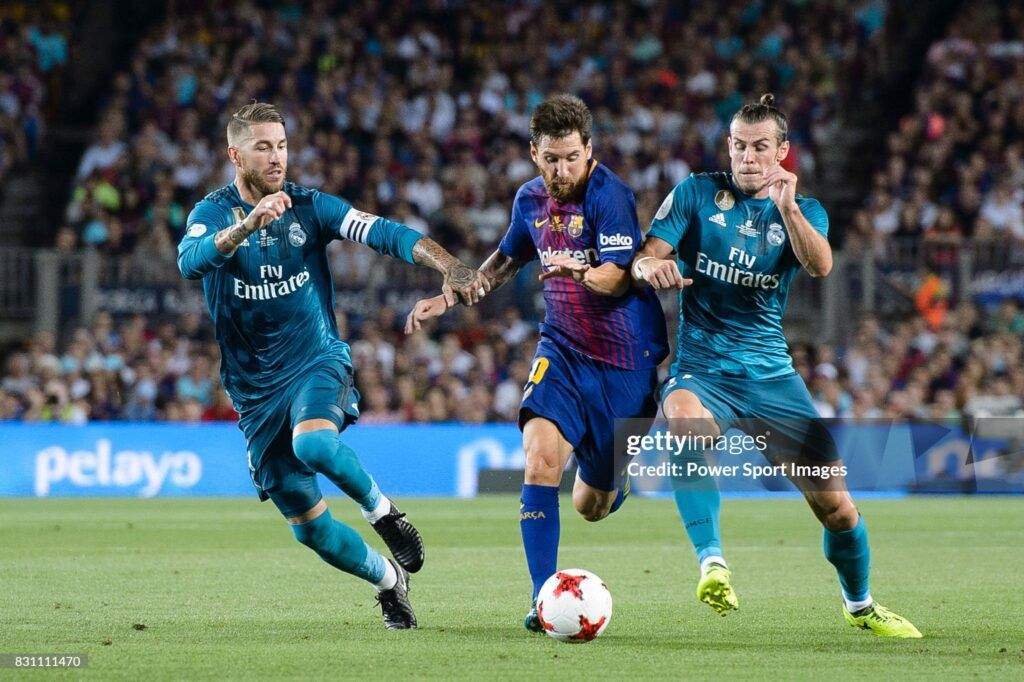
Beyond just scoring goals, Messi is a versatile player who can coordinate attacks, link up with midfielders, and create scoring opportunities. His ability to adapt and his football intelligence are evident in his move into a more advanced playmaking role. His ability to play all over the front line and adjust to different tactical setups is demonstrated by his versatility with the Argentina national team. His influence on the beautiful game of football is irreversibly etched in the annals of football history.
Lionel Messi’s Career Statistics & Achievements

Career Statistics
| Matches: | Goals: | Assists: | |
| International: | 180 | 106 | 53 |
| Club: | 889 | 721 | 344 |
| Total: | 969 | 827 | 397 |
stat source: footballdatabase.eu
Achievements
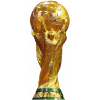 × 1 × 1 | Fifa World Cup Winner 2022 |
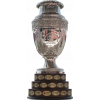 × 1 × 1 | Copa América Winner 2020/21 |
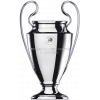 × 4 × 4 | UEFA Champions League Winner 05/06, 08/09, 10/11, 14/15 |
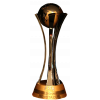 × 3 × 3 | FIFA Club World Cup Winner 2010, 2012, 2016 |
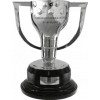 × 10 × 10 | Spanish Champion 04/05, 05/06, 08/09, 09/10, 10/11, 12/13, 14/15, 15/16, 17/18, 18/19 |
 × 2 × 2 | French Champion 21/22, 22/23 |
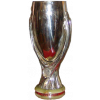 × 3 × 3 | UEFA Supercup Winner 09/10, 11/12, 15/16 |
 × 7 × 7 | Spanish Cup Winner 08/09, 11/12, 14/15, 15/16, 16/17, 17/18, 20/21 |
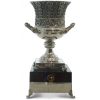 × 8 × 8 | Spanish Super Cup Winner 05/06, 06/07, 09/10, 10/11, 11/12, 13/14, 16/17, 18/19 |
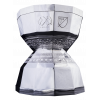 × 1 × 1 | Leagues Cup Winner 2023 |
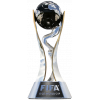 × 1 × 1 | Under-20 World Cup Champion 2005 |
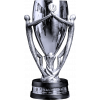 × 1 × 1 | CONMEBOL-UEFA Cup Of Champions Winner 21/22 |
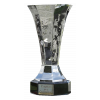 × 1 × 1 | French Super Cup Winner 22/23 |
 × 2 × 2 | Olympic Medalist 2008, 2009 |
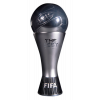 × 4 × 4 | Fifa Men’s Best Player 2009, 2019, 2022, 2023 |
 × 8 × 8 | Ballon d’Or Winner 2009, 2010, 2011, 2012, 2015, 2019, 2021, 2023 |
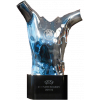 × 3 × 3 | UEFA Best Player in Europe 2009, 2011, 2015 |
 × 23 × 23 | Top Goal Scorer |
 × 10 × 10 | Player Of The Year 08/09, 08/09, 09/10, 10/11, 11/12, 12/13, 14/15, 16/17, 17/18, 18/19 |
 × 4 × 4 | TM-Player Of The Season 2018, 2019, 2020, 2021 |
Summary
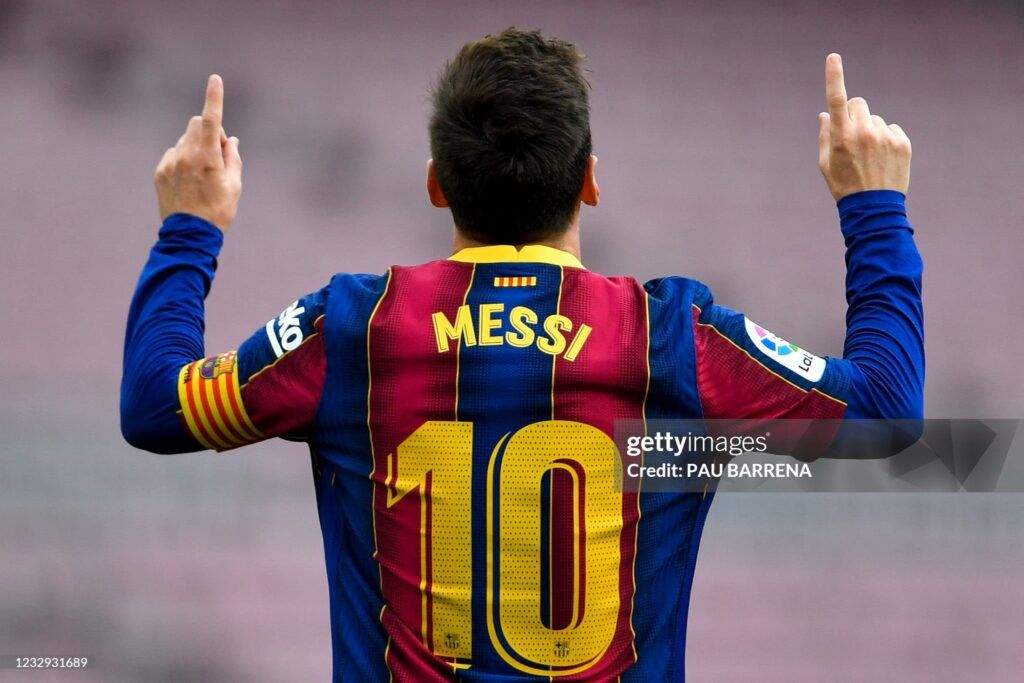
Legendary football player Lionel Messi has an incredible life outside of sports. On June 24, 1987, Lionel Messi was born. His early life was characterized by a strong love for the sport that would eventually become his calling. Scouts from FC Barcelona were drawn to him because of his extraordinary abilities and small size.
Messi’s admission to Barcelona’s La Masia youth academy signaled the start of an incredible period in football history. Under the direction of forward-thinking coaches like Pep Guardiola and Frank Rijkaard, Messi developed into a goal-scoring machine, a versatile forward, and a ball-handler. With his low center of gravity, unmatched agility, and explosive burst of speed, he played like a flea, earning the nickname “La Pulga Atómica” (The Atomic Flea).
Messi’s tactical adaptability is one of his most distinctive qualities. Messi began his career as a playmaker for two strikers in his early years. Throughout his career, he adapted to different roles. He demonstrated a natural sense of the game, creating and taking advantage of openings for teammates, whether playing as a false nine or a left winger. Messi’s deep-lying playmaking skills became more apparent as his career progressed, cemented his place among the greatest passers in football history.
Messi’s dedication to the team was demonstrated by his partnerships with midfield maestros like Andrés Iniesta and Xavi, even above the subtle tactical differences. He was well-liked by teammates as well as fans for his unwavering work ethic and selfless demeanor. Whatever his position on the field, Messi had a significant influence because he permanently altered Barcelona’s style of play.
Messi’s enviable record of individual and team achievements is proof of his outstanding impact on the game of football. Messi’s trophy cabinet attests to his continued greatness, which includes multiple Ballon d’Or honors as well as multiple national and international championships with Barcelona. His vision, playmaking skills, and prolific goal-scoring exploits set standards that upcoming generations will aspire to meet.
Messi’s family and personal life are closely entwined. He has known Antonela Roccuzzo since he was a young child, and their relationship is a classic example of a love tale that endures. The couple, who are fortunate to have three sons, has managed to balance their personal lives with the demands of Messi’s international fame.
Messi’s dedication to charity reveals another aspect of his personality. Since 2004, Messi has been actively involved with the United Nations Children’s Fund (UNICEF), motivated by the medical challenges he faced as a child. In his capacity as a UNICEF Goodwill Ambassador, he has gone on field trips to promote children’s rights and to support programs that deal with social inclusion, education, and HIV prevention. The Leo Messi Foundation was founded by Messi in 2007 with the goal of giving kids access to sports, education, and healthcare.
Messi’s life has been marred by controversy, including claims of tax fraud in 2013. But millions of people around the world look up to him as an inspiration because of his tenacity, devotion to his family, and philanthropy.
All that being sad, there is absolutely no doubt, whether someone likes him or not, his records, his achievements, his story – all of it screams out only one thing, Lionel Messi is one of the best soccer players of all time!


